Anxiety
How to submit an article:
- Registered users can submit any published journal article that has a unique DOI (Digital Object Identifier) name or link to Research Hub.
- For example, you can paste the full DOI link:
https://doi.org/10.1109/5.771073or just the DOI name:10.1109/5.771073into the field above and click submit. - The person who is first to submit a valid article to Research Hub will forever be credited for it, and every article submission earns you +6 Research Points.
Related Topics
Published research studies are articles that present the findings of original research that has undergone a peer-review process and has been made publicly available in scholarly journals, books or other media.
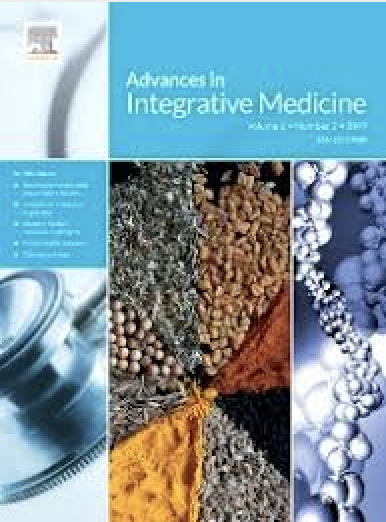
A systematic review of the therapeutic properties of lemon essential oil
2025 Sep Advances in Integrative Medicine Gonçalves S, Castro J, Almeida A, Monteiro M, Rodrigues T, Fernandes R, et al.
The results of the systematic review consistently demonstrated the efficacy of lemon essential oil in reducing anxiety among students, Acute myocardial infarction patients, and pre-surgical patients, as well as improving physiological benefits such as blood pressure and heart rate in Acute myocardial infarction patients and cognitive performance among students, and measures related to halitosis in oral health.
Systematic Review Halitosis Cognitive Function Myocardial Infarction Anxiety Lemon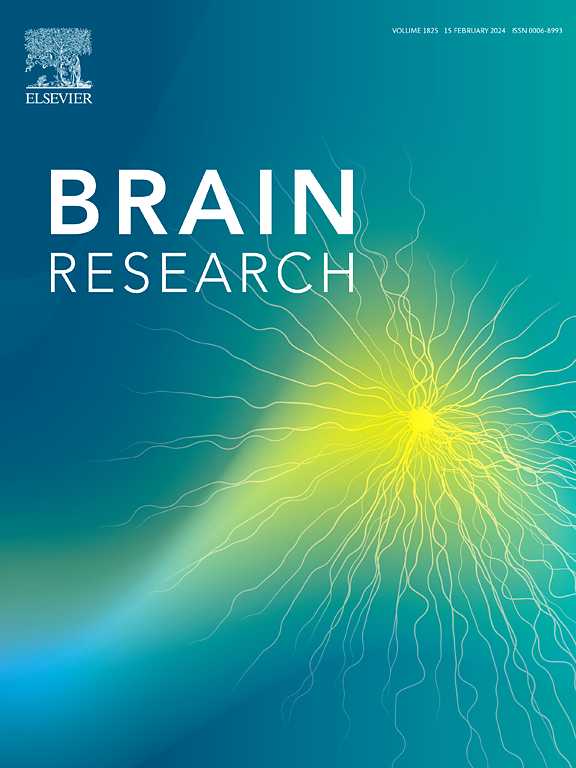
Pomegranate (Punica granatum L.) and its phytochemicals as anxiolytic; an underreported effect with therapeutic potential: A systematic review
2023 Dec Brain Research Flores-Bazán T, Betanzos-Cabrera G, Guerrero-Solano JA, Negrete-Díaz JV, German-Ponciano LJ, Olivo-Ramírez D
Systematic Review Anxiety PomegranatePomegranate fruit and its phytochemicals may offer a novel, natural alternative for the treatment of pathological anxiety, with fewer adverse effects than traditional medications.

Combination of Walnut Peptide and Casein Peptide alleviates anxiety and improves memory in anxiety mices
2023 Oct 06 Frontiers in Nutrition Li Q, Jia X, Zhong Q, Zhong Z, Wang Y, Tang C, et al.
Experimental Study Animal Study Memory Anxiety WalnutA combination of Walnut Peptide and Casein Peptide substantially alleviates anxiety disorder symptoms and enhances memory by improving neurotransmitter function in mice.
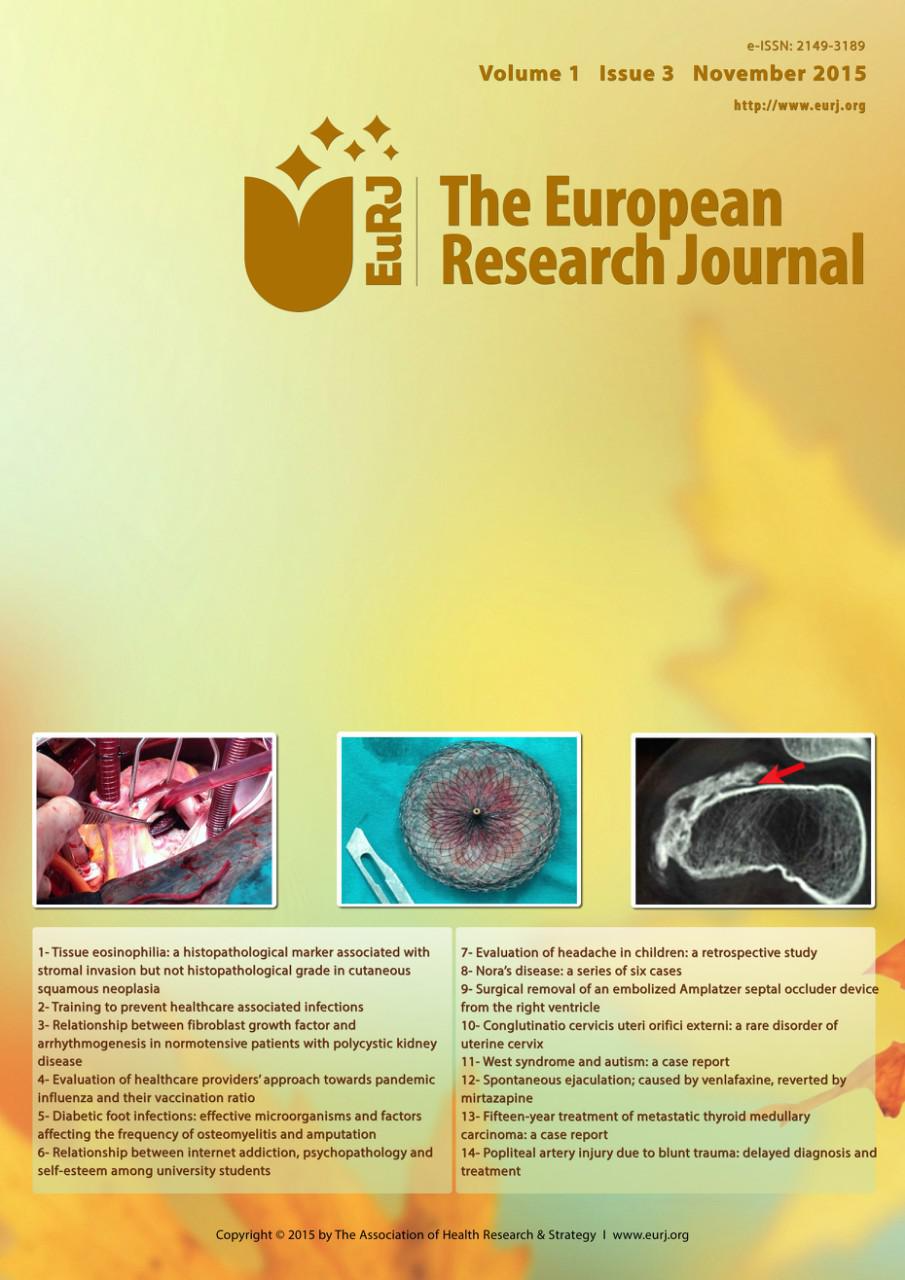
The effect of aromatherapy on labor pain, duration of labor, anxiety and Apgar score outcome: a systematic review and meta-analysis
2023 Sep 04 The European Research Journal YILDIZ KARAAHMET A, BİLGİÇ F
Aromatherapy during childbirth significantly reduces labor pain and duration in the latent, active, and transition phases and decreases anxiety in the active and transition phases.
Meta-Analysis Systematic Review Aromatherapy Anxiety Labour Pain
Effectiveness of Fish Roe, Snow Fungus, and Yeast Supplementation for Cognitive Function: A Randomized, Double-Blind, Placebo-Controlled Clinical Trial
2023 Sep 29 Nutrients Lin YK, Lin YH, Chiang CF, Jingling L
Randomised Controlled Trial Anxiety Fatigue Yeast Fish Roe Snow Fungus Cognitive FunctionA beverage formula containing fish roe, snow fungus, and yeast enhances cognitive function by improving memory, response times, and emotional recognition, while reducing anxiety and fatigue.
Research insights are moderated by the Research Hub team and offer an at-a-glance overview of interesting research findings.

2023 Brain Research
Pomegranate fruit and its phytochemicals may offer a novel, natural alternative for the treatment of pathological anxiety, with fewer adverse effects than traditional medications.
Systematic Review Pomegranate
Pomegranate (Punica granatum L.) and its phytochemicals as anxiolytic; an underreported effect with therapeutic potential: A systematic review
Flores-Bazán T, Betanzos-Cabrera G, Guerrero-Solano JA, Negrete-Díaz JV, German-Ponciano LJ, Olivo-Ramírez D

2023 Frontiers in Nutrition
A combination of Walnut Peptide and Casein Peptide substantially alleviates anxiety disorder symptoms and enhances memory by improving neurotransmitter function in mice.
Experimental Study Memory Walnut
Combination of Walnut Peptide and Casein Peptide alleviates anxiety and improves memory in anxiety mices
Li Q, Jia X, Zhong Q, Zhong Z, Wang Y, Tang C, et al.

2023 Nutrients
A beverage formula containing fish roe, snow fungus, and yeast enhances cognitive function by improving memory, response times, and emotional recognition, while reducing anxiety and fatigue.
Randomised Controlled Trial Cognitive Function Fatigue Fish Roe Snow Fungus Yeast
Effectiveness of Fish Roe, Snow Fungus, and Yeast Supplementation for Cognitive Function: A Randomized, Double-Blind, Placebo-Controlled Clinical Trial
Lin YK, Lin YH, Chiang CF, Jingling L

2023 Journal of Ethnopharmacology
Gui Zhi Fu Ling Wan significantly reduced menstrual pain in primary dysmenorrhea patients with heat-burning blood-stasis syndrome, without notable adverse effects.
Randomised Controlled Trial Period Pain
Effect of Guizhi Fuling Wan in primary dysmenorrhea: A randomized controlled trial
Luo Y, Mao P, Chen P, Li C, Fu X, Zhuang M
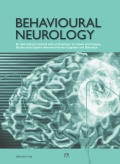
2023 Behavioural Neurology
Pumpkin seeds have been shown to provide neuropharmacological benefits such as reducing anxiety and depression, and improving memory.
Animal Study Depression Memory Pumpkin Seed
Cucurbita maxima Seeds Reduce Anxiety and Depression and Improve Memory
Wahid S, Alqahtani A, Khan RA
Review Articles
Review articles summarise and critically evaluate the current state of research on a specific topic or field by synthesising multiple primary research studies.

A systematic review of the therapeutic properties of lemon essential oil
2025 Sep Advances in Integrative Medicine Gonçalves S, Castro J, Almeida A, Monteiro M, Rodrigues T, Fernandes R, et al.
The results of the systematic review consistently demonstrated the efficacy of lemon essential oil in reducing anxiety among students, Acute myocardial infarction patients, and pre-surgical patients, as well as improving physiological benefits such as blood pressure and heart rate in Acute myocardial infarction patients and cognitive performance among students, and measures related to halitosis in oral health.
Systematic Review Halitosis Cognitive Function Myocardial Infarction Anxiety Lemon
Pomegranate (Punica granatum L.) and its phytochemicals as anxiolytic; an underreported effect with therapeutic potential: A systematic review
2023 Dec Brain Research Flores-Bazán T, Betanzos-Cabrera G, Guerrero-Solano JA, Negrete-Díaz JV, German-Ponciano LJ, Olivo-Ramírez D
Systematic Review Anxiety PomegranatePomegranate fruit and its phytochemicals may offer a novel, natural alternative for the treatment of pathological anxiety, with fewer adverse effects than traditional medications.

The effect of aromatherapy on labor pain, duration of labor, anxiety and Apgar score outcome: a systematic review and meta-analysis
2023 Sep 04 The European Research Journal YILDIZ KARAAHMET A, BİLGİÇ F
Aromatherapy during childbirth significantly reduces labor pain and duration in the latent, active, and transition phases and decreases anxiety in the active and transition phases.
Meta-Analysis Systematic Review Aromatherapy Anxiety Labour Pain
An analysis of the nutritional effects of Schisandra chinensis components based on mass spectrometry technology
2023 Jul 25 Frontiers in Nutrition Jia M, Zhou L, Lou Y, Yang X, Zhao H, Ouyang X, et al.
The review highlights the potential nutritional effects of S. chinensis, including its role in enhancing immunity, acting as an antioxidant, anti-allergen, antidepressant, and anti-anxiety agent, as well as its ability to improve memory, cognitive function, and metabolic imbalances. Advanced mass spectrometry detection technologies have the potential to discover new nutritional components and verify the effects of different extraction methods. This review provides guidelines for further research on the nutritional value of S. chinensis and the development of healthy food products.
Review Article Wu Wei Zi
Omega-3 supplements in the prevention and treatment of youth depression and anxiety symptoms: A scoping review
2023 Apr 20 PLOS One Reily NM, Tang S, Negrone A, Gan DZQ, Sheanoda V, Christensen H
Review Article Depression Omega-3 Fatty Acids Anxiety Children's HealthClinical Trials
Clinical trials are research studies that involve people and are conducted to evaluate the safety and efficacy of new treatments or interventions, such as drugs, medical devices, or behavioural therapies.

Effectiveness of Fish Roe, Snow Fungus, and Yeast Supplementation for Cognitive Function: A Randomized, Double-Blind, Placebo-Controlled Clinical Trial
2023 Sep 29 Nutrients Lin YK, Lin YH, Chiang CF, Jingling L
Randomised Controlled Trial Anxiety Fatigue Yeast Fish Roe Snow Fungus Cognitive FunctionA beverage formula containing fish roe, snow fungus, and yeast enhances cognitive function by improving memory, response times, and emotional recognition, while reducing anxiety and fatigue.

Effect of Guizhi Fuling Wan in primary dysmenorrhea: A randomized controlled trial
2023 May Journal of Ethnopharmacology Luo Y, Mao P, Chen P, Li C, Fu X, Zhuang M
Randomised Controlled Trial Period PainGui Zhi Fu Ling Wan significantly reduced menstrual pain in primary dysmenorrhea patients with heat-burning blood-stasis syndrome, without notable adverse effects.

Acupuncture for chemotherapy-associated insomnia in breast cancer patients: an assessor-participant blinded, randomized, sham-controlled trial
2023 Apr 26 Breast Cancer Research Zhang J, Qin Z, So TH, Chang TY, Yang S, Chen H, et al.
The active acupuncture regimen, combining needling into body acupoints and acupressure on auricular acupoints, was not superior to sham control in reducing the Insomnia Severity Index (ISI) score from baseline to 6 weeks. However, it produced short-term treatment and long-term follow-up better outcomes in improving sleep onset latency, total sleep time, sleep efficiency, anxiety, depression, and quality of life. Participants in the active acupuncture group had a higher cessation rate of sleeping medications than the sham control, indicating that acupuncture could be an effective option for managing chemotherapy-associated insomnia and serve as a tapering approach to reduce the use of sleeping medications in breast cancer patients.
Randomised Controlled Trial Breast Cancer Chemotherapy-Associated Insomnia Acupuncture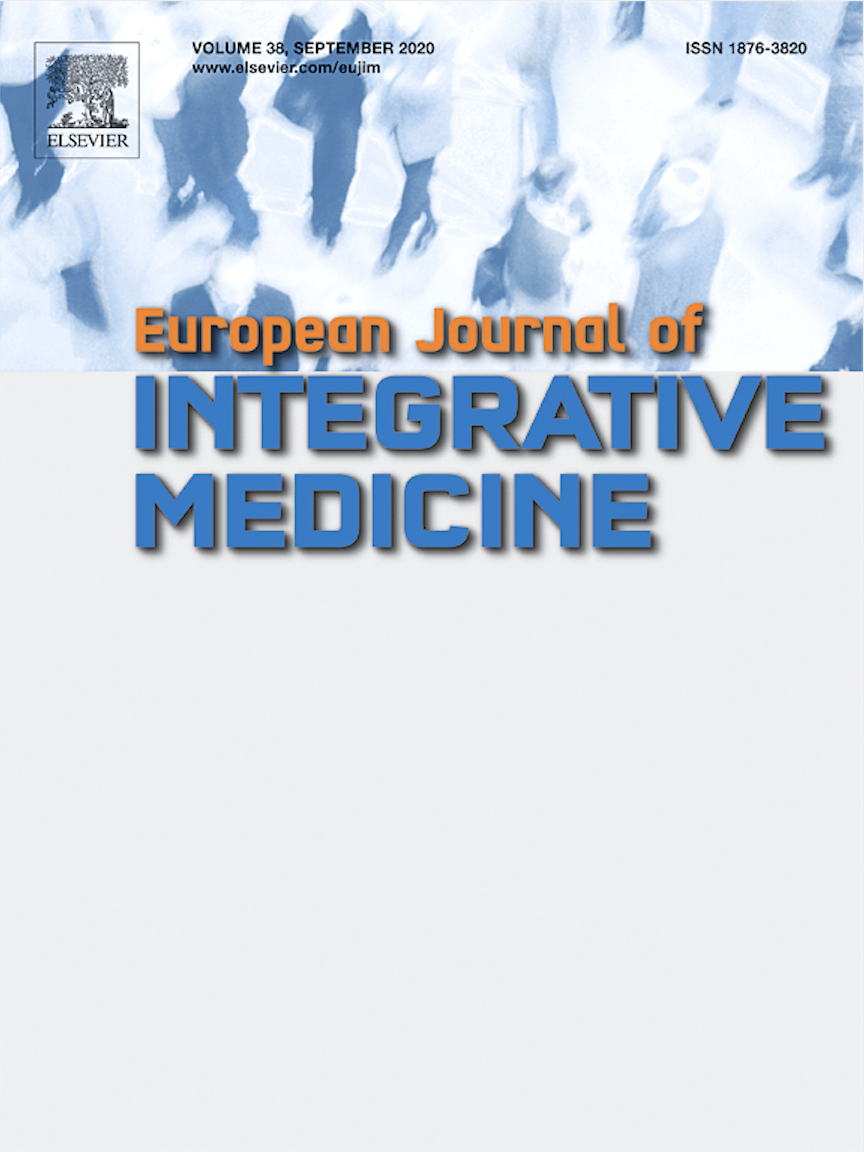
The effect of dark chocolate and music on pain and anxiety in young women with primary dysmenorrhea: Randomized controlled trial
2022 Dec European Journal of Integrative Medicine Karakuş Selçuk A, Baysal E
Randomised Controlled Trial Music Period Pain Dark ChocolateBoth dark chocolate and music medicine significantly reduced menstrual pain and anxiety in young women with period pain.
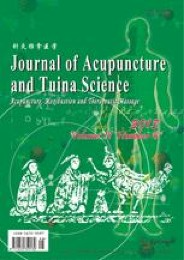
Efficacy of electroacupuncture for patients with dry eye syndromes: a randomized controlled trial
2022 Dec Journal of Acupuncture and Tuina Science Zhang D, Zhao Y, Yang Y, Liu X, Zhao Y, Shi Z, et al.
Both electroacupuncture (EA) and acupuncture alone effectively improve clinical symptoms, prolong tear film break-up time (TF-BUT), and enhance corneal sensitivity (CS) in DES patients. Additionally, both treatments significantly enhance QOL and reduce anxiety, with EA showing superior effectiveness in increasing tear secretion compared to acupuncture alone.
Randomised Controlled Trial Electroacupuncture Dry EyeStudy Protocols
Published study protocols are detailed plans that outline the objectives, methodology, statistical analyses, and organisation of a research study that have been made publicly available for others to review and use as a reference.
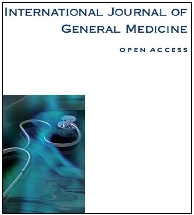
The Efficacy of Integrated Rehabilitation for Post-Stroke Anxiety: Study Protocol for a Prospective, Multicenter, Randomized Controlled Trial
2022 Sep International Journal of General Medicine Zhou J, Fan L, Hu H, Shen K, Wu L, Lin X, et al.
Results of this trial will ascertain the efficacy and safety of integrated rehabilitation on post-stroke anxiety (PSA), thereby providing evidence regarding integrated rehabilitation strategies for treating PSA. It will also promote up-to-date evidence for patients, clinicians, and policy-makers.
Study Protocol
The effects of acupuncture on psychological symptoms in patients with insomnia: study protocol for a randomized controlled trial
2022 Feb 15 BMC Complementary Medicine and Therapies Wang L, Wang R, Yao Y, Bai X, Sheng G
The results of this study are expected to clarify the effects of acupuncture on sleep quality and psychosocial symptoms in patients with insomnia. This will contribute to the clinical practice of acupuncture in the management of insomnia.
Study Protocol AcupuncturePresentation Slides

Systematic Review
Pomegranate fruit and its phytochemicals may offer a novel, natural alternative for the treatment of pathological anxiety, with fewer adverse effects than traditional medications.
Flores-Bazán T, Betanzos-Cabrera G, Guerrero-Solano JA, Negrete-Díaz JV, German-Ponciano LJ, Olivo-Ramírez D

Experimental Study
A combination of Walnut Peptide and Casein Peptide substantially alleviates anxiety disorder symptoms and enhances memory by improving neurotransmitter function in mice.
Li Q, Jia X, Zhong Q, Zhong Z, Wang Y, Tang C, Zhao B, Feng H, Hao J, Zhao Z, He J, Zhang Y

Randomised Controlled Trial
A beverage formula containing fish roe, snow fungus, and yeast enhances cognitive function by improving memory, response times, and emotional recognition, while reducing anxiety and fatigue.
Lin YK, Lin YH, Chiang CF, Jingling L

Randomised Controlled Trial
Gui Zhi Fu Ling Wan significantly reduced menstrual pain in primary dysmenorrhea patients with heat-burning blood-stasis syndrome, without notable adverse effects.
Luo Y, Mao P, Chen P, Li C, Fu X, Zhuang M

Animal Study
Pumpkin seeds have been shown to provide neuropharmacological benefits such as reducing anxiety and depression, and improving memory.
Wahid S, Alqahtani A, Khan RA

Systematic Review
Acupuncture shows promise as an effective treatment for anxiety during the COVID-19 pandemic, but further research is required to establish its effectiveness conclusively.
Li M, Liu X, Ye X, Zhuang L

Randomised Controlled Trial
Both dark chocolate and music medicine significantly reduced menstrual pain and anxiety in young women with period pain.
Karakuş Selçuk A, Baysal E
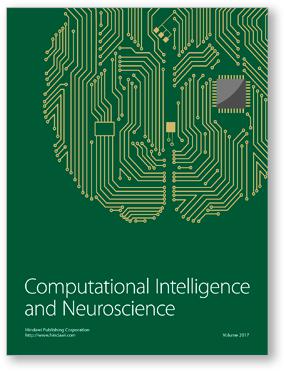
Systematic Review
Meta-analysis of TCM non-drug treatments like acupuncture and massage improved primary insomnia, reducing PSQI scores, and easing anxiety and depression.
Zhuang J, Wu J, Fan L, Liang C
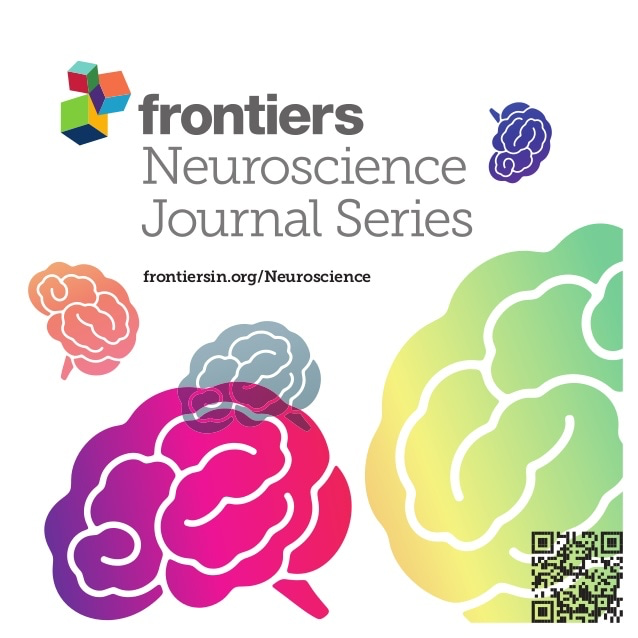
Systematic Review
Chinese herbal medicine shows promising and safe outcomes in relieving functional dyspepsia symptoms and associated psychological disorders.
Luo X, Wang L, Fang S, Qing X, Jiang T, Yang Y, Su X, Wei W
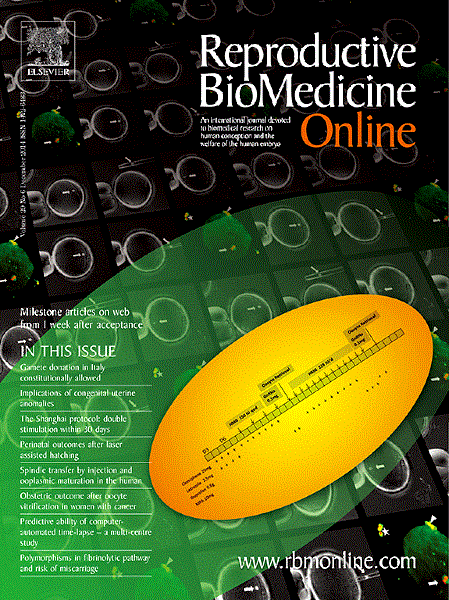
Systematic Review
The potential of acupuncture as a non-pharmacological intervention to alleviate IVF-related state anxiety.
Hullender Rubin LE, Smith CA, Schnyer RN, Tahir P, Pasch LA

Systematic Review
Chinese herbal medicine shows evident efficacy in treating coronary heart disease patients with anxiety or depression, notably improving symptoms of angina pectoris.
Wang B, Teng Y, Li Y, Lai S, Wu Y, Chen S, Li T, Han X, Zhou H, Wang Y, Lu Z, Li H, Ding Y, Ma L, Zhao M, Wang X
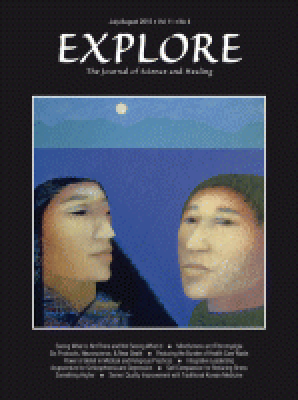
Randomised Controlled Trial
Inhalation aromatherapy using lavender and chamomile essential oils effectively reduces depression, anxiety, and stress levels in community-dwelling older adults.
Ebrahimi H, Mardani A, Basirinezhad MH, Hamidzadeh A, Eskandari F

Systematic Review
Xiao Yao San, alone or combined with anxiolytics, assists in better improvement and safety in treating anxiety disorders compared to anxiolytics alone.
Lin J, Ji Y, Si J, Wang G, Li X, Shen L
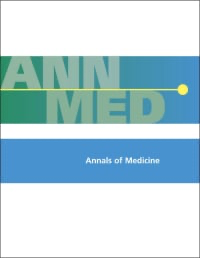
Network Pharmacology
The Gui Zhi-Shao Yao herb pair in traditional Chinese medicine potentially treats chronic pain, anxiety, and depression through interactions with nine key targets.
Pan HT, Xi ZQ, Wei XQ, Wang K

Systematic Review
Xiao Yao San can improve symptoms and reduce recurrence rates in patients with disorders of gut-brain interaction.
Liu Q, Shi Z, Zhang T, Jiang T, Luo X, Su X, Yang Y and Wei W

Systematic Review
High prevalence of insomnia, anxiety, and depression among perimenopausal women, emphasizing the importance of exploring acupuncture as a potential green therapy for effectively addressing these interconnected issues.
Ping Y, Liang C, Fan X, Zhang L, Ying D, Wang Z

Randomised Controlled Trial
Auricular acupressure may be a safe and effective technique for reducing burnout and secondary traumatic stress in healthcare workers.
Afrasiabi J, McCarty R, Hayakawa J, Barrows J, Lee K, Plouffe N, Schomberg J
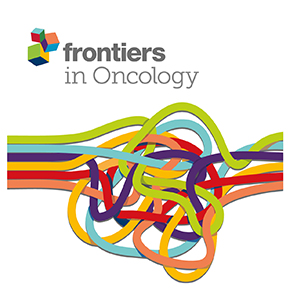
Systematic Review
Current evidence suggests that acupuncture might improve breast cancer treatment-related symptoms measured with patient-reported outcomes including quality of life, pain, fatigue, hot flashes, sleep disturbance and anxiety.
Zhang Y, Sun Y, Li D, Liu X, Fang C, Yang C, Luo T, Lu H, Li H, Zhang H, Liang Q, Wu J, Huang L, Xu R, Ren L, Chen Q

Systematic Review
Cocoa-rich products consumption can improve mood and affect in the short term.
Fusar-Poli L, Gabbiadini A, Ciancio A, Vozza L, Signorelli MS, Aguglia E

Experimental Study
Supplementation with standardized saffron extract improves depressive symptoms and social relationships in healthy individuals experiencing subclinical low mood and stress.
Jackson PA, Forster J, Khan J, Pouchieu C, Dubreuil S, Gaudout D, Moras B, Pourtau L, Joffre F, Vaysse C, Bertrand K, Abrous H, Vauzour D, Brossaud J, Corcuff JB, Capuron L, Kennedy DO

Systematic Review
Acupuncture may have a positive effect on anxiety relief during IVF treatment, while its effect on depression relief is inconclusive.
Ye JY, He YJ, Zhan MJ, Qu F
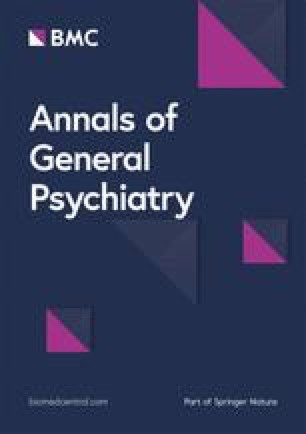
Systematic Review
Acupuncture therapy aimed at reducing anxiety in patients with generalised anxiety disorder has certain beneficial effects compared to controls.
Yang, Xy., Yang, Nb., Huang, Ff. et al.
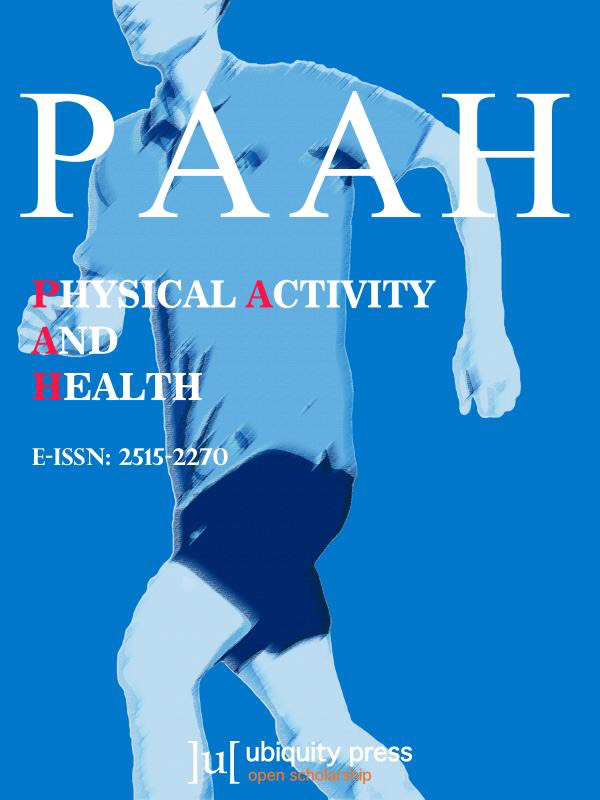
Systematic Review
All schools of Tai Chi chuan can improve the mental health of the elderly.
Xianjian C, Datao X

Experimental Study
Jujube seed extract has been found to primarily reduce anxiety by regulating the GABAergic and serotonergic synapse pathways, specifically modulating GABRA1, HTR1A, and HTR2A.
Chen L, Zhang X, Hu C, Zhang Y, Zhang L, Kan J, Li B, Du J
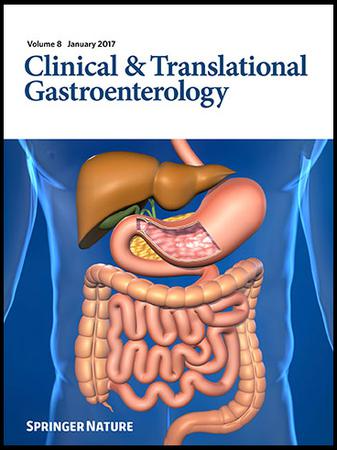
Randomised Controlled Trial
Jia Wei Xiao Yao Wan showed an improvement in gastrointestinal symptoms for patients with functional dyspepsia who resisted conventional treatments.
Chen G, Feng P, Wang S, Ding X, Xiong J, Wu J, Wang L, Chen W, Chen G, Han M, Zou T, Li L, Du H
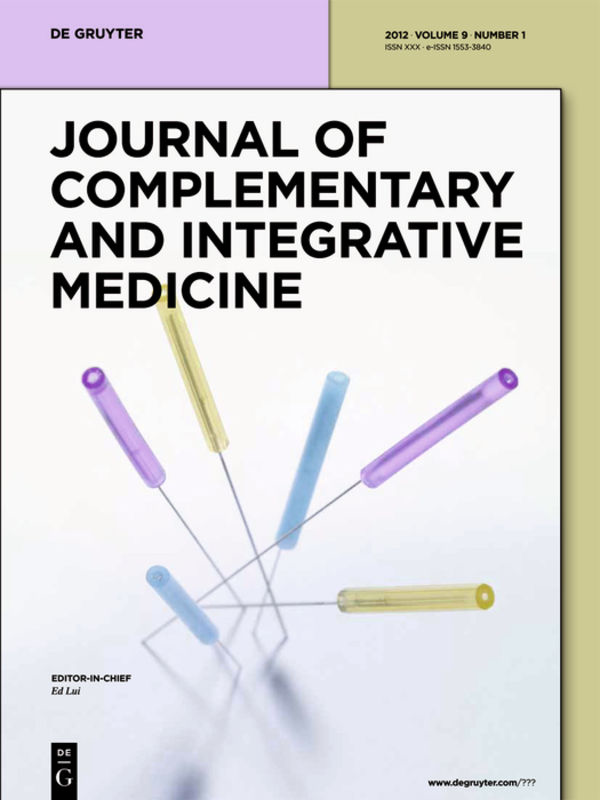
Randomised Controlled Trial
Inhalation aromatherapy using Damask rose and lavender essential oils can reduce anxiety and pain in women after they have had a cesarean section.
Abbasijahromi A, Hojati H, Nikooei S, Jahromi HK, Dowlatkhah HR, Zarean V, Farzaneh M, Kalavani A
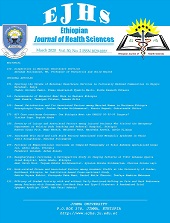
Systematic Review
Aromatherapy, specifically with lavender essential oil, can effectively alleviate maternal anxiety and labor pain.
Mahbubeh Tabatabaeichehr , Hamed Mortazavi

Review Article
Chrysanthemum, rich in unique chemical compounds, offers significant health benefits such as stress relief, cardio protection, immunity boost, improved eye health, and osteoporosis risk reduction.
SHAHRAJABIAN, M. H., SUN, W., ZANDI, P., CHENG, Q.
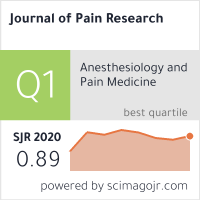
Systematic Review
Acupuncture shows potential in reducing pain intensity, alleviating anxiety, and improving quality of life for patients suffering from postherpetic neuralgia.
Pei, W., Zeng, J., Lu, L., Lin, G., & Ruan, J.
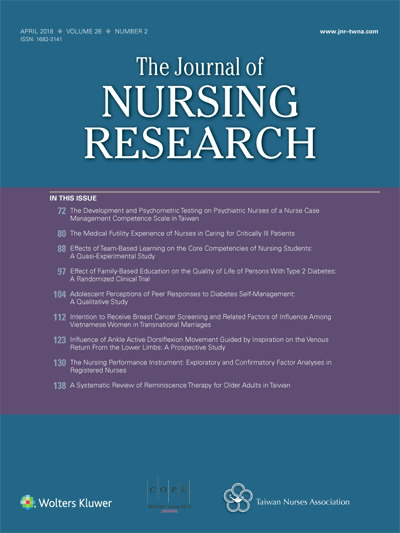
Systematic Review
Aromatherapy enhances physio-psychological well-being in postpartum women.
TSAI SS, WANG HH, CHOU FH
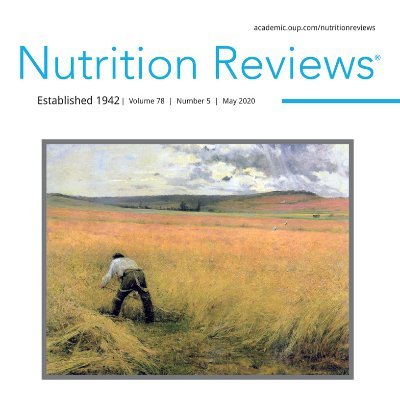
Systematic Review
Saffron shows promising effectiveness in alleviating symptoms of depression and anxiety and augmenting the effects of antidepressants.
Marx W, Lane M, Rocks T, Ruusunen A, Loughman A, Lopresti A, Marshall S, Berk M, Jacka F, Dean OM

Meta-Analysis
Chamomile has demonstrative positive effects on generalized anxiety disorders and sleep quality, but exhibits minimal impact on state anxiety and insomnia.
Hieu TH, Dibas M, Surya Dila KA, Sherif NA, Hashmi MU, Mahmoud M, Trang NTT, Abdullah L, Nghia TLB, Y MN, Hirayama K, Huy NT
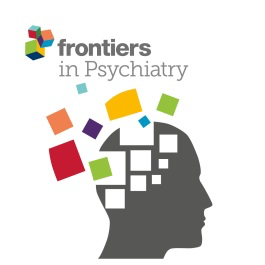
Review Article
Evidence indicates that acupuncture treatment may be of benefit in several neuropsychiatric disorders, including depression, anxiety, schizophrenia, and Alzheimer's Disease.
Tu CH, MacDonald I, Chen YH

Animal Study
Gan Mai Da Zao decoction has shown comparable anxiolytic effects to Diazepam and Buspirone in mice, possibly regulated by serotonin and gamma-aminobutyric acid receptors.
Chen HS, Gu LJ, Yang YX, Guo JY
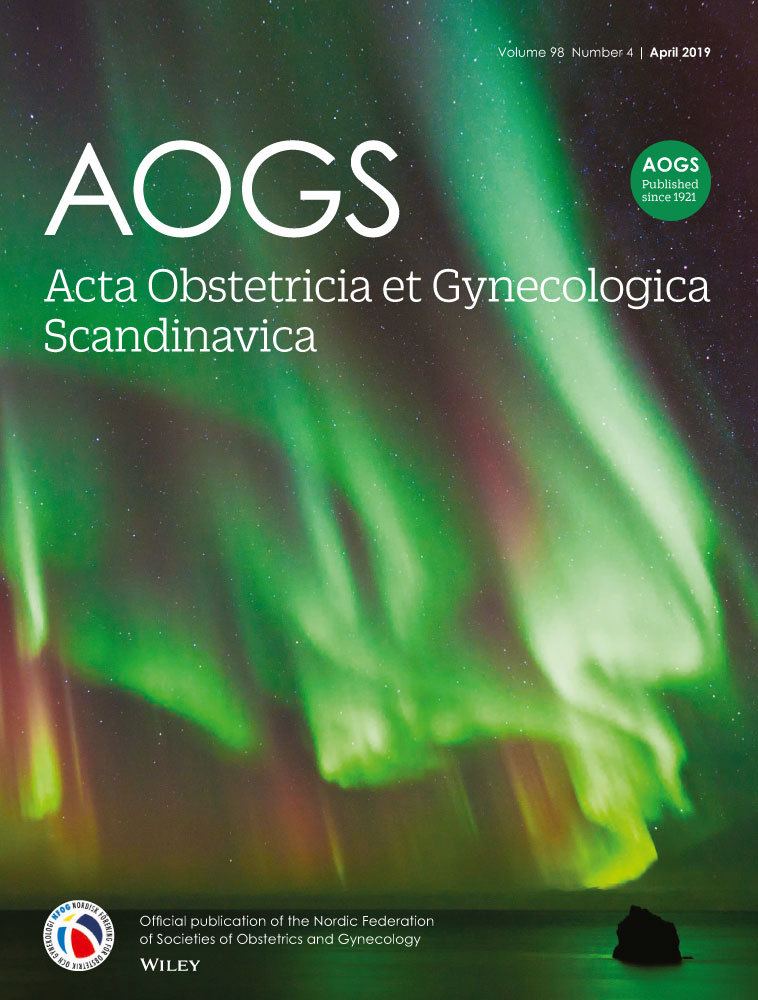
Randomised Controlled Trial
Acupuncture during IVF treatment can possibly lower anxiety at the time of embryo transfer but seems to have no long-term impact on women's quality of life.
Smith CA, de Lacey S, Chapman M, Ratcliffe J, Norman RJ, Johnson NP, Fahey P
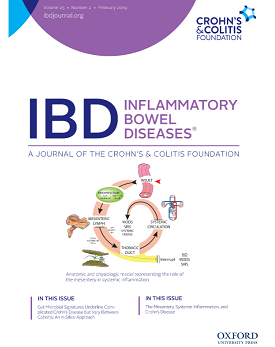
Practice Guideline
Acupuncture has been shown to decrease disease activity and inflammation via increase of vagal activity in inflammatory bowel disease.
Gengqing Song, MD, Claudio Fiocchi, MD, Jean-Paul Achkar, MD
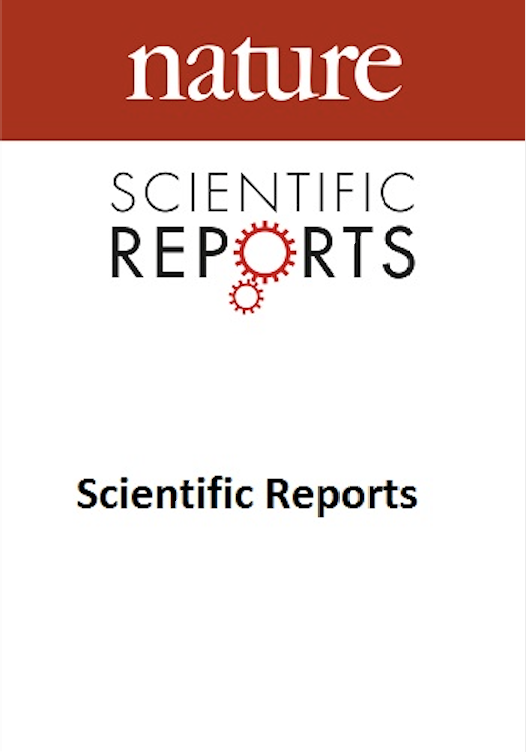
Animal Study
Acupuncture can alleviate PTSD-related depression and anxiety by boosting protein synthesis required for synaptic plasticity via the mTOR pathway in the hippocampus.
Oh JY, Kim YK, Kim SN, Lee B, Jang JH, Kwon S, Park HJ
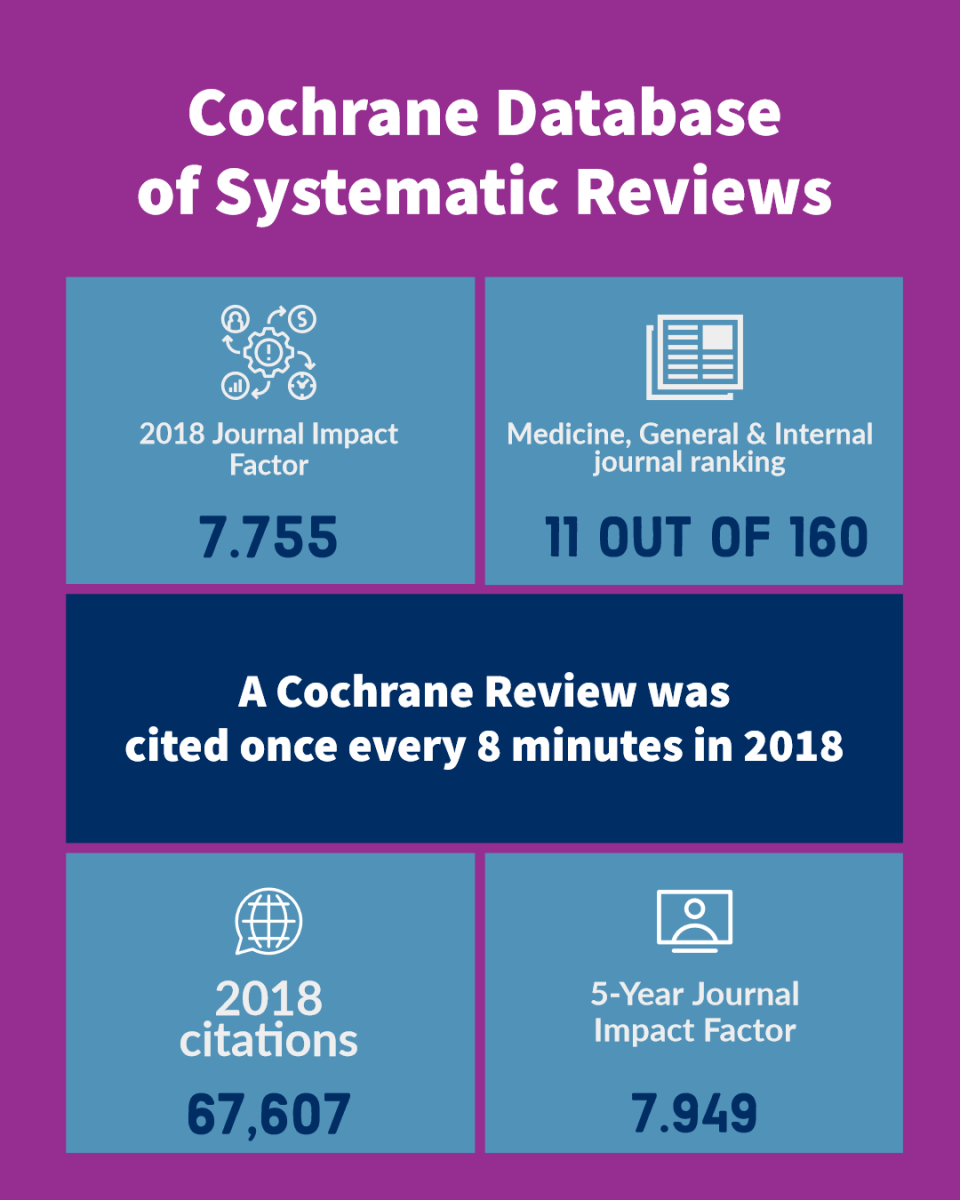
Review Article
Moderate‐certainty evidence showed that honey probably reduces cough duration to a greater extent than salbutamol or placebo. Honey group participants were first to get total relief of cough compared to salbutamol or placebo.
Oduwole O, Udoh EE, Oyo-Ita A, Meremikwu MM

Systematic Review
Green tea consumption was shown to reduce psychopathological symptoms like anxiety and was also shown to effect cognition, with noted benefits for memory and attention. Green tea was also linked with the activation of working memory as seen in functional MRI.
Mancini E, Beglinger C, Drewe J, Zanchi D, Lang UE, Borgwardt S
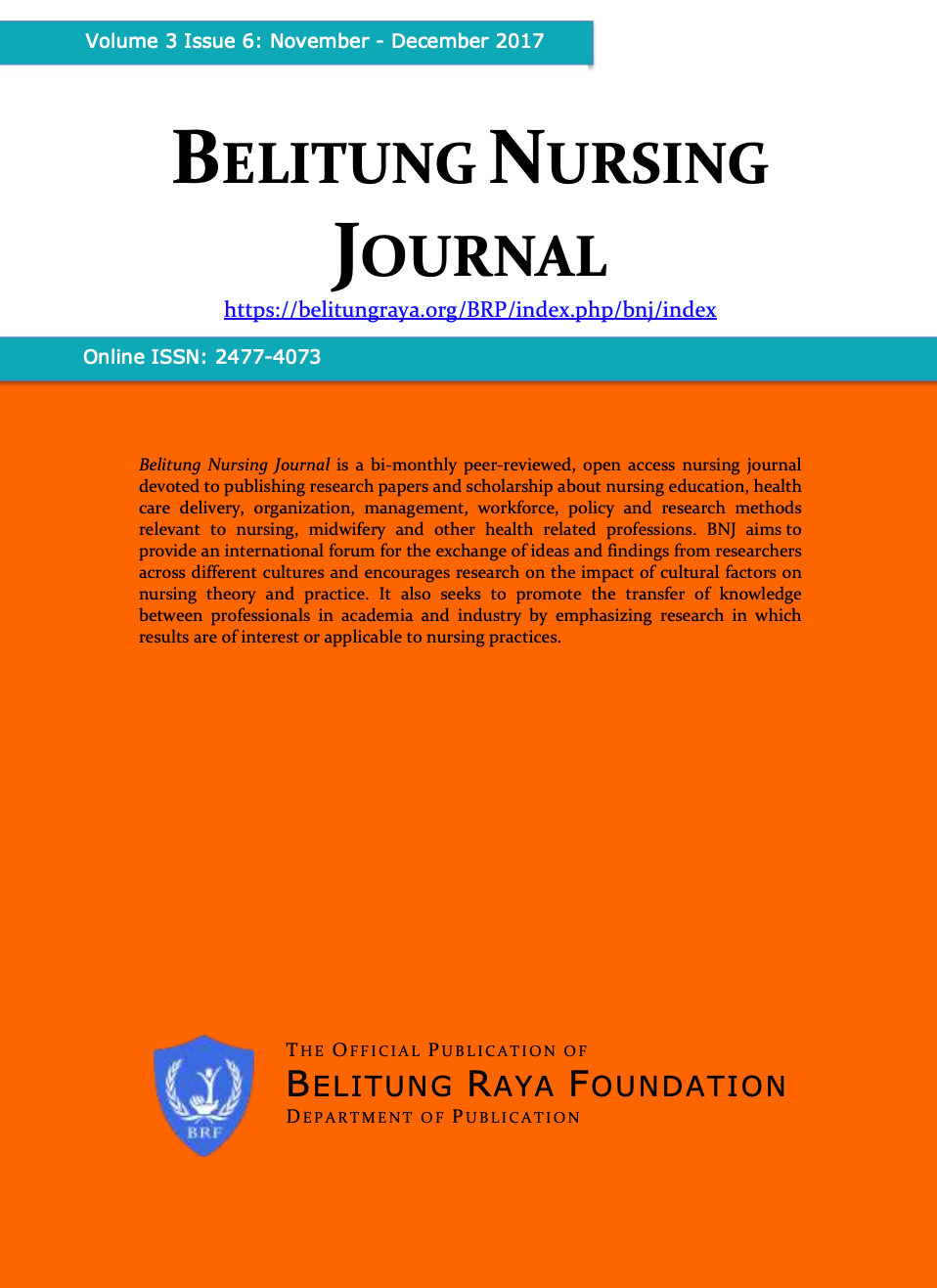
Cohort Study
Combining effleurage massage and green coconut water is more effective than massage alone in reducing menstrual pain and anxiety, and boosting ß-endorphin levels in teenage girls.
Ulya FH, Suwandono A, Ariyanti I, Suwondo A, Kumorowulan S, Pujiastuti SE
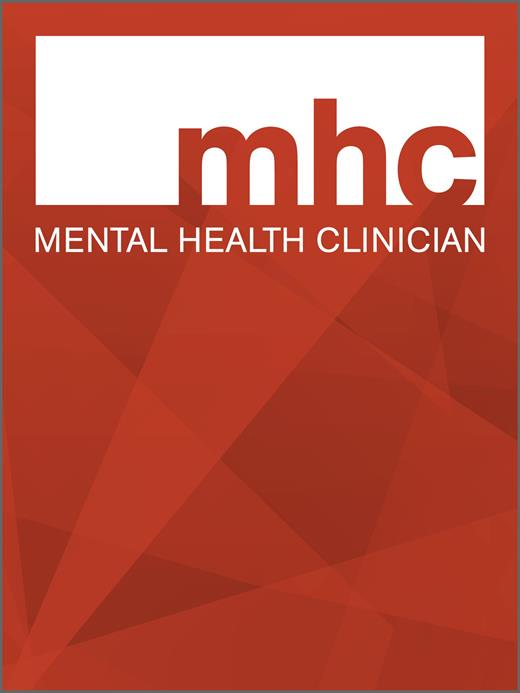
Experimental Study
Lavender essential oil, particularly its primary constituents linalool and linalyl acetate, may offer a beneficial anxiolytic effect through its interaction with certain neurological mechanisms.
Malcolm BJ, Tallian K
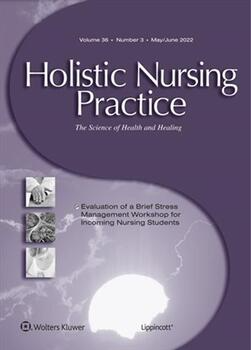
Animal Study
Curcumin's potential anxiolytic and antidepressant impacts do not significantly alter behavior or interact with the benzodiazepine site of the gamma-aminobutyric acid receptor A.
Ceremuga TE, Helmrick K, Kufahl Z, Kelley J, Keller B, Philippe F, Golder J, Padrón G
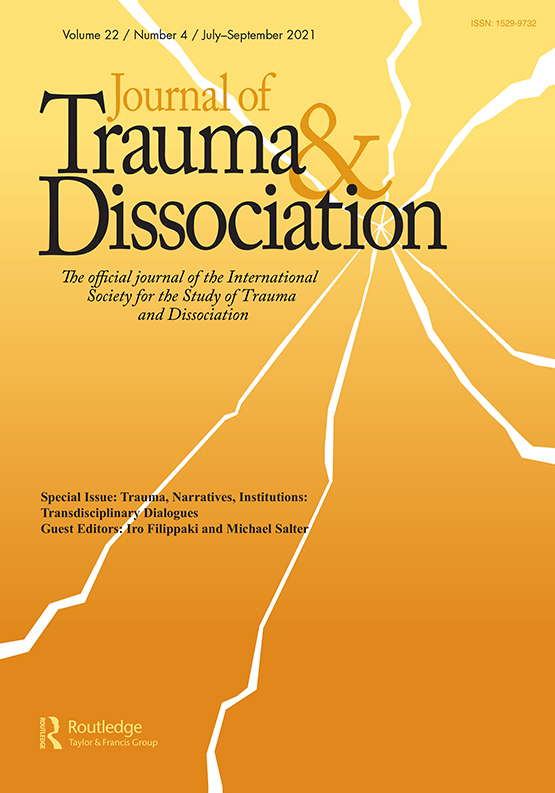
Systematic Review
There are potential clinical benefits of acupuncture on PTSD symptoms and functional status immediately post-intervention, as well as PTSD and depressive symptoms in the months following completion of acupuncture treatment.
Grant S, Colaiaco B, Motala A, Shanman R, Sorbero M, Hempel S
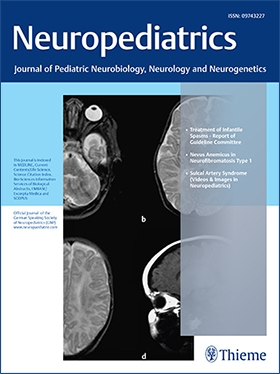
Clinical Study
Saffron has shown potential as an effective and tolerable treatment for major depressive disorder with anxious distress.
Ghajar A, Neishabouri S, Velayati N, Jahangard L, Matinnia N, Haghighi M, Ghaleiha A, Afarideh M, Salimi S, Meysamie A, Akhondzadeh S

Systematic Review
Our results suggest that acupuncture could be effective for treating insomnia after stroke.
Lee SH, Lim SM

Systematic Review
Acupressure seems to be effective in providing immediate relief of pretreatment anxiety among adults, and has a medium effect size.
Au DWH, Tsang HWH, Ling PPM, Leung CHT, Ip PK, Cheung WM
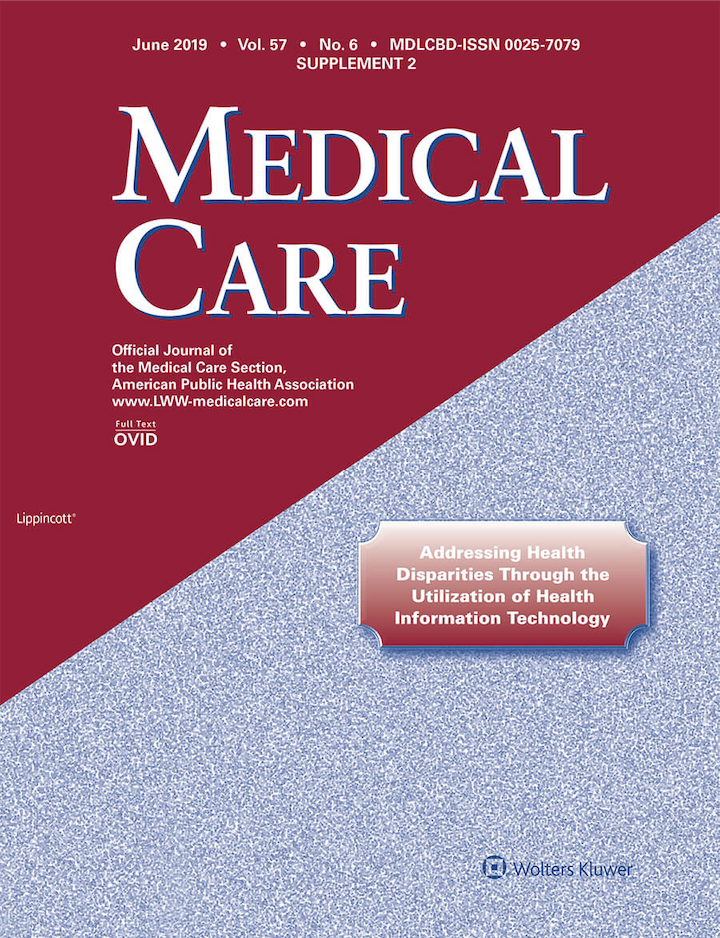
Randomised Controlled Trial
Improvement in post traumatic stress disorder severity was significantly greater among those receiving acupuncture than in those receiving usual PTSD care.
Engel CC, Cordova EH, Benedek DM, Liu X, Gore KL, Goertz C, et al.

Experimental Study
Honey, specifically its polyphenols, show promising signs of enhancing memory and counteracting neurodegenerative diseases by reducing oxidative stress and neuroinflammation.
Mijanur Rahman M, Gan SH, Khalil MI
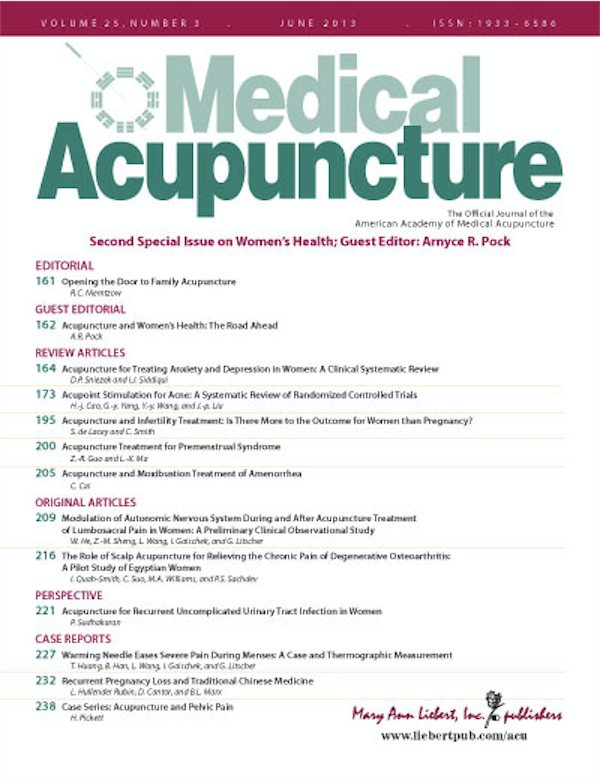
Systematic Review
There is high-level evidence to support the use of acupuncture for treating major depressive disorder in pregnancy.
Sniezek DP, Siddiqui IJ.
Executive Summary
Write an executive summary in the form of a blog article on the topic of "Research into Chinese medicine treatment for Anxiety" summarising the research below and using language that can be easily understood by patients and avoiding medical jargon using a professional and caring tone of voice.
Write an executive summary in the form of a blog article on the topic of "Researched Chinese medicine treatments for Anxiety" summarising the research below in an objective and easy to understand way, and using language that can be easily understood by patients. Group the article into Chinese medicine treatments first, followed by nutrition and other treatments. Avoid using medical jargon and use a professional and caring tone of voice.
Write me a concise but easy to understand executive summary on the topic of "Chinese medicine treatments for Anxiety" based on the following research that I will give you. Your summary should be 2 paragraphs long in Australian English spelling and include references to the studies.
A Systematic Review published in 2023 in the journal Brain Research found that Pomegranate fruit and its phytochemicals may offer a novel, natural alternative for the treatment of pathological anxiety, with fewer adverse effects than traditional medications. Using a systematic review methodology, the researchers explored the potential anxiolytic (or anxiety-reducing) effects of pomegranate (PG) fruit and its natural compounds. Searches were conducted across numerous databases such as PubMed, ScienceDirect, Google Scholar, WorldWide Science, and Web of Science using specific predetermined terms. Only original articles meeting established inclusion criteria were chosen for review. The data collected from these articles provided information on the part and variety of pomegranates used, the species studied, sample size, anxiety model, dose, route and time of administration, reference drug, main results, and associated mechanisms of action. The review of 59 such studies revealed PG as well as compounds it contains - specifically anthocyanins, flavonoids, tannins, organic acids, and xanthonoids - as having potential anxiolytic effects. According to the existing literature, these effects appear to be driven by several molecular mechanisms. These include the inhibition of specific anxiety-linked receptors, activation of certain cellular pathways associated with anxiety reduction and resilience, modulation of inflammatory proteins, and reduction of oxidative stress. The results position pomegranate and its phytochemicals as a potentially new natural option for the treatment of anxiety disorders. This is the first review to focus on the anxiolytic impact of pomegranates.
A Experimental Study published in 2023 in the journal Frontiers in Nutrition found that A combination of Walnut Peptide and Casein Peptide substantially alleviates anxiety disorder symptoms and enhances memory by improving neurotransmitter function in mice. The study investigated the effects of the combination of Walnut Peptide (WP) and Casein Peptide (CP) in mice exhibiting elevated anxiety levels by giving them these peptides through oral gavage administration. The researchers designed assessments to carefully examine changes in the subjects' anxiety and memory-related behaviors following this treatment. Besides monitoring behavior, they also scrutinized the levels of several neurotransmitters, such as Serotonin, gamma-aminobutyric acid, dopamine, and acetylcholine, to identify the biological mechanisms underlying the observed effects. The mice treated with the WP + CP combination demonstrated significant improvement in behavioral tests related to anxiety and memory. The analysis also showed that the peptide combination resulted in restoring neurotransmitter dysfunction observed while examining neurotransmitter levels. The peptides had the additional effect of increasing the expression of brain-derived neurotrophic factor mRNA, suggesting a protective role against the neurological effects of anxiety. The research revealed strong correlations between the improvement in behavioral indicators, increased brain-derived neurotrophic factor, and neurotransmitter levels. The study concluded that the WP+CP combination might serve as an effective alternative therapy for anxiety disorders, implying potential usefulness as dietary supplements or inclusions in common foods.
A Randomised Controlled Trial published in 2023 in the journal Nutrients found that A beverage formula containing fish roe, snow fungus, and yeast enhances cognitive function by improving memory, response times, and emotional recognition, while reducing anxiety and fatigue. In the study, 64 volunteers were divided into two equal groups, with one group consuming a placebo and the other consuming the formula beverage for a duration of 8 weeks. Cognitive testing was performed initially and at two follow-up points, weeks 4 and 8. Variables tested included memory recall, identification of objects over time, response times, emotional recognition from facial expressions and self-reported anxiety and fatigue levels. The results demonstrated that by weeks 4 and 8, those who consumed the formula beverage showed notable advancements in cognitive functions. These individuals were able to remember objects better and had quicker response times. Notably, they also registered a significant improvement in recognizing happy faces and displayed reduced anxiety and fatigue. Overall, the beverage holds promise as an intervention tool for cognitive improvement in individuals reporting subjective cognitive issues.
A Randomised Controlled Trial published in 2023 in the journal Journal of Ethnopharmacology found that Gui Zhi Fu Ling Wan significantly reduced menstrual pain in primary dysmenorrhea patients with heat-burning blood-stasis syndrome, without notable adverse effects. In the methodology, a randomized, double-blinded, placebo-controlled trial was conducted. Eligible patients suffering from primary dysmenorrhea with heat-burning blood-stasis syndrome were randomly placed into two groups – one received Guizhi Fuling Wan, the other a placebo, administered twice daily across three menstrual cycles, with a 3-month follow-up. The primary measurement was the change in pain intensity from the beginning to the 6th month, gauged by using a Visual Analog Scale. In the discussion of results, data showed that the pain intensity (measured using Visual Analog Scale) significantly decreased in the Guizhi Fuling Wan group compared to the placebo over the 6 month period. Secondary measurements also indicated a greater reduction in Cox Menstrual Symptom Scale, Self-rating Anxiety Scale, and traditional Chinese medicine syndrome scores in the Guizhi Fuling Wan group compared to the placebo. However, there was no significant difference between the two groups when measuring the Self-rating Depression Scale. Furthermore, no serious adverse events were observed during the trial.
A Animal Study published in 2023 in the journal Behavioural Neurology found that Pumpkin seeds have been shown to provide neuropharmacological benefits such as reducing anxiety and depression, and improving memory. The study evaluated the effects of pumpkin seeds on four areas - anxiety, depression, memory, and motor coordination. Anxiety was tested using models like light and dark apparatus, elevated plus maze, head dip, and open field test, while depression was assessed by the forced swim test and tail suspension test. Memory and learning abilities were gauged through the passive avoidance test, stationary rod apparatus, and Morris's water maze test. The effect on motor skilled learning was assessed by stationary rod and rotarod apparatus. Finally, the levels of brain biogenic amines were determined using reversed phase high-pressure liquid chromatography. In the results evaluation, it was found that pumpkin seeds exhibit properties that help reduce anxiety and alleviate depression, while also enhancing memory. However, they showed no significant effects on motor coordination. An elevated level of norepinephrine was observed, possibly contributing to its antidepressant effects. Furthermore, a reduction in the weight of the animal was observed after chronic administration. These benefits are probably due to the seeds' secondary metabolites like cucurbitacin, beta-sitosterol, polyphenolic compounds, citrulline, kaempferol, arginine, beta-carotene, quercetin, and other antioxidants.
A Systematic Review published in 2022 in the journal Medicine found that Acupuncture shows promise as an effective treatment for anxiety during the COVID-19 pandemic, but further research is required to establish its effectiveness conclusively. Measures like wearing masks and isolation have made managing stress difficult. New stressors, like online activities and financial challenges, have also emerged. Acupuncture has shown potential as a treatment for GAD, with fewer side effects than medication or therapy. However, more research is needed to confirm its effectiveness.
A Randomised Controlled Trial published in 2022 in the journal European Journal of Integrative Medicine found that Both dark chocolate and music medicine significantly reduced menstrual pain and anxiety in young women with period pain. Mean menstrual pain intensity and mean anxiety level in the dark chocolate and music group decreased significantly after the intervention. No significant difference was observed in the control group. The difference between menstrual pain intensity and anxiety levels of the groups was tested by analysis of variance, and the standardized effect size calculated at 95% confidence level, and α = 0.05 was 0.35 and 0.42, respectively.
A Systematic Review published in 2022 in the journal Computational Intelligence and Neuroscience found that Meta-analysis of TCM non-drug treatments like acupuncture and massage improved primary insomnia, reducing PSQI scores, and easing anxiety and depression. The effectiveness of Traditional Chinese Medicine (TCM) non-drug therapies (acupuncture, moxibustion, massage, and auricular point pressing) were evaluated in treating primary insomnia. Results showed that TCM non-drug therapies significantly improved the PSQI score in insomnia patients, with a higher effective rate compared to the control groups. These therapies also demonstrated improvements in anxiety and depression.
A Systematic Review published in 2022 in the journal Frontiers in Neuroscience found that Chinese herbal medicine shows promising and safe outcomes in relieving functional dyspepsia symptoms and associated psychological disorders. The methodology for this research involved a comprehensive search across various libraries and databases, such as PubMed, Embase, Cochrane Library, Web of Science, and various Chinese data sources, seeking randomized controlled trials where functional dyspepsia was treated with Chinese herbal medicine. The aim was to assess the efficacy and safety of this type of treatment for functional dyspepsia. Two researchers independently conducted each stage of the process, from searching the sources, screening the documents, extracting data, and assessing risk biases within the included studies. They used RevMan 5.4 software to do a meta-analysis of the selected research materials. The discussion of their findings showed that treatment with Chinese herbal medicine significantly alleviated the symptoms of functional dyspepsia, compared to both a placebo group and a group treated with traditional prokinetic agents and flupentixol melitracen. Patients treated with Chinese herbal medicine reported higher total effective rates and lower total symptom scores, along with smaller depression and anxiety scores. The symptoms of functional dyspepsia, in this case, were improved more successfully with Chinese herbal medicine than with other treatment types, without any significant adverse reactions.
A Systematic Review published in 2022 in the journal Reproductive BioMedicine Online found that The potential of acupuncture as a non-pharmacological intervention to alleviate IVF-related state anxiety. This systematic review and meta-analysis focused on acupuncture's impact on IVF-related state anxiety. Eight trials involving 2253 participants were analyzed, with 1785 completing anxiety assessments. Results indicated a small yet significant reduction in state anxiety through acupuncture versus various controls, as measured by different scales after embryo transfer or oocyte retrieval. The standardized mean difference was -0.21, but evidence certainty was low due to limited studies and potential bias. Acupuncture emerges as a safe, drug-free option for alleviating IVF-related anxiety, although further research is needed to establish its efficacy amidst trial heterogeneity.
A Systematic Review published in 2022 in the journal Frontiers in Pharmacology found that Chinese herbal medicine shows evident efficacy in treating coronary heart disease patients with anxiety or depression, notably improving symptoms of angina pectoris. Method: The study was conducted through a systematic approach, wherein literature search was performed based on certain screening studies. Information was extracted by two researchers who independently assessed the quality of the articles. These articles covered numerous studies concerning the active ingredients of Chinese herbal medicine utilized for treating coronary heart disease accompanied by anxiety or depression. The analysis of this data was performed through network pharmacology. Results: According to 32 chosen studies, Chinese herbal medicine was found to be markedly beneficial in treating anxiety or depression in patients who also had coronary heart disease. This was true in comparison to blank control groups, and the efficacy of Chinese herbal medicine appeared not to be inferior to that of Western medicine. Chinese herbal medicine also significantly enhanced angina stability. Observations after usage of Chinese herbal medicine demonstrated similar trends in terms of angina frequency and electrocardiogram analysis. From the network pharmacology viewpoint, a set of certain compounds were found to possess the greatest correlation to the pathological targets of coronary heart disease, anxiety, and depression. Anti-damage or apoptosis, anti-inflammation, oxidative stress reduction, and maintaining neurotransmitter homeostasis were believed to be the principal functional mechanisms.
A Randomised Controlled Trial published in 2022 in the journal Explore: The Journal of Science & Healing found that Inhalation aromatherapy using lavender and chamomile essential oils effectively reduces depression, anxiety, and stress levels in community-dwelling older adults. From a methodological perspective, the researchers adopted a three-armed, parallel, randomized, and controlled trial design. A total of 183 participants were enrolled in the study and were randomly divided into three groups: lavender, chamomile, and control group with equal numbers in each. The individuals in the experimental groups were given three drops of 1.5% lavender and chamomile essential oils to inhale for 30 consecutive nights, while the control group inhaled distilled water in the same manner. The Depression, Anxiety, and Stress-Scale (DASS) was utilized to collect data both prior to the intervention, directly following the intervention, and a month after the treatment. In terms of the results gathered, there was significant improvement in the depression, anxiety, and stress levels of individuals in the lavender and chamomile groups both immediately and one month after the treatment compared to the control group. This indicates that inhalation aromatherapy utilizing lavender and chamomile essential oils can be efficacious in reducing mental health issues among older adults residing in the community.
A Systematic Review published in 2022 in the journal Evidence-Based Complementary and Alternative Medicine found that Xiao Yao San, alone or combined with anxiolytics, assists in better improvement and safety in treating anxiety disorders compared to anxiolytics alone. The methodology involved a systematic search on PubMed, Cochrane Library, EMBASE, Web of Science, and several Chinese databases for all randomized control trials (RCTs) that have evaluated the use of XYS for treating anxiety disorders until November 2021. The studies were independently screened, and data were extracted by two investigators who also assessed the risk of bias in the selected trials using RevMan5.3 software. The meta-analysis result shows that the use of XYS, either on its own or together with anxiolytics, showed better improvements in anxiety-related symptoms and fewer adverse drug reactions compared to treatment with anxiolytics only. This suggests that XYS, whether used alone or in conjunction with anxiolytic agents, appears to offer a more effective and safer treatment option for anxiety disorders.
A Network Pharmacology published in 2022 in the journal Annals of Medicine found that The Gui Zhi-Shao Yao herb pair in traditional Chinese medicine potentially treats chronic pain, anxiety, and depression through interactions with nine key targets. The methodology in this research utilised network pharmacology to explore the active components of the "Gui Zhi-Shao Yao" herb pair and their possible targets. Initially, 15 active compounds were identified through a series of analysis which revealed about 130 potential targets. By considering the intersections between the targets of the "Gui Zhi-Shao Yao" herb pair and chronic pain, anxiety disorder, and mental depression, nine vital targets were identified and listed in order of importance. The results discussion revealed that the "Gui Zhi-Shao Yao" herb pairing acted on the nine identified key targets to alleviate chronic pain, anxiety, and depression. Gene ontology and pathway analysis demonstrated that there were 11 primary pathways, including AGE-RAGE signalling pathway, IL-17 signalling pathway, and TNF signalling pathway. These pathways appear to be actively involved in the pathological processes, providing a holistic understanding of how the "Gui Zhi-Shao Yao" herb pair functions therapeutically.
A Systematic Review published in 2022 in the journal Frontiers in Pharmacology found that Xiao Yao San can improve symptoms and reduce recurrence rates in patients with disorders of gut-brain interaction. The paper's methodology involved a meta-analysis of randomized controlled trials found in seven databases, up until November 22, 2021. The trials, which totaled 48 all together, were included to determine the efficacy of Xiao-Yao-San in treating disorders of gut-brain interaction (previously known as functional gastrointestinal disorders). A range of measures, including therapeutic efficacy, symptom score, Self-Rating Anxiety Scale score, Self-Rating Depression Scale score, and the recurrence rate, were analysed using both random-effects and fixed-effects models, as well as trial sequential analysis. In terms of results, Xiao-Yao-San showed a marked improvement in the effective rate of managing disorders of gut-brain interaction compared to western drugs, both when used alone and in combination with western medicine. The paper also found the treatment notably reduced symptom scores, anxiety scores, and depression scores for patients with the disorder. Further, instances of recurrence were also reduced. Overall, Xiao-Yao-San was well tolerated and no serious adverse events were reported in any of the trials included in this analysis.
A Systematic Review published in 2022 in the journal Medicine found that High prevalence of insomnia, anxiety, and depression among perimenopausal women, emphasizing the importance of exploring acupuncture as a potential green therapy for effectively addressing these interconnected issues. This passage discusses the prevalence of insomnia among perimenopausal women, its association with anxiety and depression, and the potential of acupuncture as a green therapy for treating these issues. The passage outlines the objectives and methods of a systematic review aiming to evaluate the efficacy of acupuncture in improving sleep quality and alleviating anxiety and depression in perimenopausal women, highlighting the need for safer alternatives to conventional medications and the significance of such a study.
A Randomised Controlled Trial published in 2021 in the journal Journal of Trauma Nursing found that Auricular acupressure may be a safe and effective technique for reducing burnout and secondary traumatic stress in healthcare workers. In this prospective randomized trial with an open, parallel-group design, participants were randomized to receive one of three interventions: auricular acupuncture, auricular seed acupressure, or auricular massage. Interventions took place over a period of 3 weeks at a 334-bed Level II pediatric trauma center. Using a pre-/posttest design, the researchers analyzed self-reported scores from the State-Trait Anxiety Inventory, the Professional Quality of Life scale, and the Caring Ability Inventory. The study found that auricular seed acupressure was associated with a reduction in burnout and secondary traumatic stress. Importantly, this effect remained even after adjusting for individual pretest scores. Attempts at achieving significant effects on anxiety levels, professional quality of life, and caring ability, however, did not yield any significant improvement. Overall, the data suggest that auricular acupressure is a very effective strategy for reducing work-related stress among health care staff.
A Systematic Review published in 2021 in the journal Frontiers in Oncology found that Current evidence suggests that acupuncture might improve breast cancer treatment-related symptoms measured with patient-reported outcomes including quality of life, pain, fatigue, hot flashes, sleep disturbance and anxiety. Out of the 2, 524 identified studies, 29 studies representing 33 articles were included in this meta-analysis. At the end of treatment (EOT), the acupuncture patients’ quality of life (QoL) was measured by the QLQ-C30 QoL subscale, the Functional Assessment of Cancer Therapy-Endocrine Symptoms (FACT-ES), the Functional Assessment of Cancer Therapy–General/Breast (FACT-G/B), and the Menopause-Specific Quality of Life Questionnaire (MENQOL), which depicted a significant improvement. The use of acupuncture in BC patients lead to a considerable reduction in the scores of all subscales of the Brief Pain Inventory-Short Form (BPI-SF) and Visual Analog Scale (VAS) measuring pain. Moreover, patients treated with acupuncture were more likely to experience improvements in hot flashes scores, fatigue, sleep disturbance, and anxiety compared to those in the control group, while the improvements in depression were comparable across both groups. Long-term follow-up results were similar to the EOT results.
A Systematic Review published in 2021 in the journal Critical Reviews in Food Science and Nutrition found that Cocoa-rich products consumption can improve mood and affect in the short term. The study carried out a systematic review and meta-analysis in line with PRISMA guidelines to ascertain the effects of cocoa-derived food on depressive and anxiety symptoms, as well as positive and negative affect. Potential sources were found on Web of Knowledge and PsycINFO until April 3, 2020. Out of 761 documents screened, nine studies were picked. Two trials were involved in examining the long-term impact (>1 week) of cocoa consumption, two reviewed the short-term effects (3 days), and five studies were conducted in acute conditions (single administration). The results indicate that cocoa-rich products had a significant overall effect on reducing depressive and anxiety symptoms. There was also significant improvement in both positive and negative affect. The effect size in all meta-analyses was medium, while the heterogeneity was low. Despite these promising outcomes, the conclusions must be cautiously interpreted due to the short duration of the trials and the limited number of participants and studies included in the meta-analyses.
A Experimental Study published in 2021 in the journal Frontiers in Nutrition found that Supplementation with standardized saffron extract improves depressive symptoms and social relationships in healthy individuals experiencing subclinical low mood and stress. The study employed a double-blind, randomized, parallel groups design involving 56 healthy male and female participants aged between 18 and 54. They received either 30 mg standardized saffron extract or a placebo daily for 8 weeks. The saffron's chronic effects on subjective feelings of anxiety, stress, and depression were evaluated using a series of questionnaires. The acute effects of saffron following exposure to a lab-based psychosocial stressor were determined through assessing psychological and physiological parameters. As part of the process, the level of crocetin, a compound found in saffron, was quantified in the participants' urine. The results indicated that individuals who received the saffron extract reported lower depression scores and improved social relationships after the 8-week period. A significant increase in urinary crocetin levels was observed with saffron supplementation, and these changes were found to be correlated with a decrease in depression scores. Additionally, the usual decrease in heart rate variability, a reaction commonly seen during the exposure to stressors, was found to be diminished after acute intake of saffron. The findings suggest that saffron extract can help improve subclinical depressive symptoms in healthy individuals and may increase resilience against the development of stress-related psychiatric disorders.
A Systematic Review published in 2021 in the journal European Journal of Integrative Medicine found that Acupuncture may have a positive effect on anxiety relief during IVF treatment, while its effect on depression relief is inconclusive. Twelve studies with 2867 participants were included. A significant difference was observed for the relief of anxiety comparing acupuncture with controls during IVF treatment. No significant difference was found for clinical pregnancy rate. Only 2 out of 12 studies assessed remission of depression but there was no clear effect shown for acupuncture.
A Systematic Review published in 2021 in the journal Annals of General Psychiatry found that Acupuncture therapy aimed at reducing anxiety in patients with generalised anxiety disorder has certain beneficial effects compared to controls. Twenty RCTs were included in this systematic review and meta-analysis. All included studies were designed for patients with generalised anxiety disorder (GAD), and 18 studies were published in Chinese. Egger’s test showed that the asymmetry of the funnel plot in all studies was not significant. The meta-analysis of anxiety symptoms showed that acupuncture was more effective than the control condition, with a standard mean effect size of − 0.41, and that acupuncture intervention showed good tolerance and safety in the treatment of anxiety disorder.
A Systematic Review published in 2021 in the journal Physical Activity and Health found that All schools of Tai Chi chuan can improve the mental health of the elderly. Tai Chi's potential mechanisms include reducing anxiety, relieving depression and stress, enhancing pulmonary and cardiovascular function, enhancing immunity and improving quality of life.
A Experimental Study published in 2020 in the journal Frontiers in Pharmacology found that Jujube seed extract has been found to primarily reduce anxiety by regulating the GABAergic and serotonergic synapse pathways, specifically modulating GABRA1, HTR1A, and HTR2A. The research relied on a system biology method supported by Ultra Performance Liquid Chromatography Quadrupole Time of Flight Mass Spectrometry (UPLC-Q-TOF/MS) and Real-Time Quantitative Polymerase Chain Reaction (RT-qPCR). Initially, 35 phytochemicals were identified from the Jujube seed extract, which related to 71 anxiolytic targets. Further investigations, including protein-protein interaction, gene cluster, Gene Ontology, and Kyoto Encyclopedia of Genes and Genomes (KEGG) pathways analyses, were conducted to identify the anxiolytic mechanisms of the extract. The results highlighted that the main anxiolytic mechanisms of the Jujube seed extract were linked to the regulation of serotonergic and GABAergic synapse pathways. The extract's impact on the mRNA expressions of multiple gamma-aminobutyric acid type A (GABA) and serotonin (5-HT) receptors subtypes was verified in human neuroblastoma cells. Surprisingly, the extract (250 μg/mL) not only amplified the mRNA level of GABRA1 and GABRA3 alongside HTR1A, HTR2A, and HTR2B in untreated cells but also suppressed the overexpressed mRNA of GABRA1, GABRA2, HTR1A, and HTR2A in stress-induced cells.
A Randomised Controlled Trial published in 2020 in the journal Clinical and Translational Gastroenterology found that Jia Wei Xiao Yao Wan showed an improvement in gastrointestinal symptoms for patients with functional dyspepsia who resisted conventional treatments. The researchers approached 144 individuals who had functional dyspepsia and had previously rejected standard therapies like proton pump inhibitors, H2 blockers, and Helicobacter pylori collision treatment. These individuals, located across nine different sites in China, were randomly selected to either a Jiawei Xiaoyao pill or a placebo, which they had to take for four weeks. The main measurement used in the study was the change in the individuals' total Gastrointestinal Symptom Score from the beginning of the test period to the end. Additionally, the team used the results of various medical tests for safety outcomes. Out of 141 patients that qualified for statistical analysis, the group taking the Jiawei Xiaoyao pill demonstrated a more significant decrease in their Gastrointestinal Symptom Score compared to the ones on placebo, suggesting the pill was beneficial for their symptoms. However, the Jiawei Xiaoyao pill group did not show a significant improvement in their Hamilton Depression Scale or Hamilton Anxiety Scale scores, suggesting the pill might not have significant impact on depression or anxiety. The total number of adverse events reported were more in the Jiawei Xiaoyao pill group than the placebo group. But the superiority of the Jiawei Xiaoyao pill in improving gastrointestinal symptoms in functional dyspepsia patients that resist standard therapies is evident.
A Randomised Controlled Trial published in 2020 in the journal Journal of Complementary and Integrative Medicine found that Inhalation aromatherapy using Damask rose and lavender essential oils can reduce anxiety and pain in women after they have had a cesarean section. This study was a randomized clinical trial involving 90 mothers who had cesarean sections at a hospital in Jahrom, Iran, in 2017. Prior to intervention, the incidences and severities of pain and anxiety were measured for all participants. The two intervention groups underwent aromatherapy with Damask rose and lavender essential oils. The participants were given cotton balls stained with three drops of these essential oils to inhale from a distance of 10cm for 30 minutes. The control group went through similar procedure but with normal saline. Pain and anxiety levels were assessed using established scales 5 minutes after the specified process. Following the interventions, the two aromatherapy groups experienced significantly different pain and anxiety levels compared to the control group. The results showed no tangible difference between the pain and anxiety levels of those who inhaled lavender oil and those who inhaled Damask rose oil.
A Systematic Review published in 2020 in the journal Ethiopian Journal of Health Sciences found that Aromatherapy, specifically with lavender essential oil, can effectively alleviate maternal anxiety and labor pain. The methodology involved a systematic review of five databases - PubMed, SCOPUS, Web of Science, Google Scholar and Scientific Information Database - for studies on the use of aromatherapy for pain and anxiety management during labor. Search keywords included variations of aromatherapy, essential oil, aroma, pain, anxiety, labor, and delivery. The quality, bias, and reliability of the identified studies were assessed using the Cochrane Collaboration's 'Risk of bias' protocol. 33 studies met the inclusion criteria, with various methods of aromatherapy application utilized, such as inhalation, massage, footbaths, birthing pools, acupressure, and compresses. The most commonly used essential oil was lavender, used individually or mixed with other essential oils. These studies, predominantly conducted in Iran, formed the basis for our analysis and provided evidence to assess the positive impact of aromatherapy on labor pain and anxiety.
A Review Article published in 2019 in the journal Applied Ecology and Environmental Research found that Chrysanthemum, rich in unique chemical compounds, offers significant health benefits such as stress relief, cardio protection, immunity boost, improved eye health, and osteoporosis risk reduction. The study primarily focuses on evaluating the most important chemical extracts of chrysanthemum. These include flavonoids, betaine, choline, and vitamin B1. Further, the researchers identified thirteen compounds unique to chrysanthemum flowers. These were extracted and analyzed to unveil their potential health benefits. In the discussion of results, the authors highlight chrysanthemum's impressive range of health benefits stemming from its chemical composition. It is revealed that chrysanthemum can potentially alleviate stress and anxiety while improving cardiovascular health. It also has properties to guard against oxidative damage and inflammation, support a healthy immune function, enhance eye health, and lessen the risk of osteoporosis. Interestingly, the herb's beneficial traits align with its traditional use in Chinese medicine, underscoring chrysanthemum's potential in promoting holistic, organic health.
A Systematic Review published in 2019 in the journal Journal of Pain Research found that Acupuncture shows potential in reducing pain intensity, alleviating anxiety, and improving quality of life for patients suffering from postherpetic neuralgia. Methodology: To understand the effectiveness of acupuncture in treating postherpetic neuralgia, six different databases were examined for randomized controlled trials. The data from these studies was extracted and further assessed for quality. A meta-analysis was conducted on a selection of these studies using the software RevMan 5.3. Additionally, the Grading of Recommendations Assessment Development and Evaluation system contributed towards evaluating the overall quality of the evidence presented in these studies. Discussion: The research establishes that acupuncture has a positive effect on postherpetic neuralgia, such as lowering the intensity of pain experienced and reducing the scores on the Hamilton Anxiety Scale. Other forms of intervention like electroacupuncture, fire needle, and bloodletting and cupping also proved effective in relieving pain. The results also indicate an enhanced quality of life for those individuals who used acupuncture. The quality of evidence that supports the use of acupuncture for this type of pain was judged to be moderate.
A Systematic Review published in 2019 in the journal Journal of Nursing Research found that Aromatherapy enhances physio-psychological well-being in postpartum women. This systematic review encompassed 15 studies conducted in Iran, England, and the United States, involving 2,131 postpartum participants. The research focused on evaluating aromatherapy's effects on various aspects of postpartum health. Aromatherapy interventions, primarily utilizing lavender and citrus aurantium essential oils, demonstrated positive outcomes. These included relief from nipple fissure pain, improved episiotomy recovery, reduced pain and nausea after cesarean section delivery, and enhanced sleep quality. Additionally, aromatherapy showed potential in positively influencing psychological health, particularly in reducing anxiety. Lavender oil emerged as the most impactful essential oil. While promising, further comprehensive studies are needed to establish aromatherapy as a validated therapy for postpartum women.
A Systematic Review published in 2019 in the journal Nutrition Reviews found that Saffron shows promising effectiveness in alleviating symptoms of depression and anxiety and augmenting the effects of antidepressants. The research was carried out following the PRISMA guidelines and performed a comprehensive literature review of randomized controlled trials to study the impact of saffron supplementation on symptoms of depression and anxiety. This included both cases where saffron was used alone as a therapy and cases where it was used in conjunction with other treatments. The quality and risk of bias in these studies were evaluated using the Jadad scale. In this analysis, the result of saffron supplementation was compared against placebo and regular pharmacotherapy. It was concluded that using saffron had a notable positive effect in relieving symptoms of depression and anxiety when compared with a placebo. Additionally, it was found that saffron also demonstrated a sizeable positive effect when used alongside antidepressants in treating depressive symptoms. Nonetheless, the Egger's regression test pointed out evidence of publication bias in this area of study.
A Meta-Analysis published in 2019 in the journal Phytotherapy Research found that Chamomile has demonstrative positive effects on generalized anxiety disorders and sleep quality, but exhibits minimal impact on state anxiety and insomnia. The methodology of this study involved rigorous systematic review and meta-analysis across multiple databases, including PubMed, Science Direct, Cochrane Central, and Scopus. The aim was to determine the efficacy and safety of chamomile for managing state anxiety, generalized anxiety disorders, sleep quality and insomnia in humans. Relevant randomized control trials were retrieved, yielding a total of 12 trials used for this study. Statistical analyses were performed with the meta package of R statistical software version 3.4.3 and RevMan version 5.3. The results indicated that chamomile had a significant positive effect on generalized anxiety disorders (GAD) and improved sleep quality. Improvements in GAD were observed after 2 and 4 weeks of chamomile treatment. However, no significant effects were noted in the treatment of state anxiety or insomnia. Mild adverse events were reported in three trials. In conclusion, chamomile was determined to be effective and safe for treating GAD and improving sleep quality, but showed less impact on state anxiety and insomnia.
A Review Article published in 2019 in the journal Frontiers in Psychiatry found that Evidence indicates that acupuncture treatment may be of benefit in several neuropsychiatric disorders, including depression, anxiety, schizophrenia, and Alzheimer's Disease. The pathophysiology of these disorders may be associated with glutamate dysregulation, marked by a high rate of glutamate release and elevated expression of glutamate receptors and glutamate transporters in the CNS. The ability of acupuncture stimulation to modulate glutamate receptor and EAAT expression suggests that the treatment effects of acupuncture are underpinned by its intervention in the dysregulated glutamate system. Further preclinical and clinical studies are needed to clarify the possible mechanisms of acupuncture in these neuropsychiatric disorders and to establish protocols for treatment guidelines.
A Animal Study published in 2019 in the journal Frontiers in Neuroscience found that Gan Mai Da Zao decoction has shown comparable anxiolytic effects to Diazepam and Buspirone in mice, possibly regulated by serotonin and gamma-aminobutyric acid receptors. The mice were given the Gan-Mai-Da-Zao (GMDZ) decoction orally at different concentrations for a week, with Diazepam and Buspirone serving as positive controls. Anxiety-level testing was conducted using a combination of the elevated plus-maze, light/dark box, marble burying, open field, and rota-rod tests, providing a comprehensive assessment of the decoction's effects on mice. Furthermore, the anxiolytic effects that GMDZ induced in the mice were challenged by the application of Flumazenil, a gamma-aminobutyric acid-A receptor antagonist, and WAY-100635, a serotonin-1A receptor antagonist. They found that the effects were successfully inhibited, indicating that the mechanism of action of GMDZ could be linked to both the serotonin and gamma-aminobutyric acid receptors in the nervous system, thereby reducing anxiety-like behavior in mice.
A Randomised Controlled Trial published in 2019 in the journal Acta Obstetricia et Gynecologica Scandinavica found that Acupuncture during IVF treatment can possibly lower anxiety at the time of embryo transfer but seems to have no long-term impact on women's quality of life. A multicenter randomised controlled trial was conducted recruiting women between 18 to 42 years, who were already undergoing a fresh IVF cycle and not using acupuncture. The experiment ran between June 2011 and October 2015 in Australia and New Zealand. Random assignments placed participants in either the acupuncture group or a control group which received sham acupuncture. Three treatments were administered in total - the first between the 6th and 8th day of ovarian stimulation, and the other two on the day of the embryo transfer. The results of the study highlighted that participants who received acupuncture reported experiencing significantly less anxiety following the embryo transfer. However, no discernible difference was found between the groups in terms of quality of life following the embryo transfer. The apparent benefit of acupuncture on the general health of participants was not sustained 14 weeks after the trial, which indicates that acupuncture might not have a long-term impact on a woman's emotional well-being following an IVF cycle.
A Practice Guideline published in 2018 in the journal Inflammatory Bowel Diseases found that Acupuncture has been shown to decrease disease activity and inflammation via increase of vagal activity in inflammatory bowel disease. In this review, we discuss the history, theory, and methodology of acupuncture and review potentially beneficial mechanisms of action of acupuncture for managing inflammatory bowel disease. Acupuncture has been shown to decrease disease activity and inflammation via increase of vagal activity in inflammatory bowel disease. Acupuncture has demonstrated beneficial roles in the regulation of gut dysbiosis, intestinal barrier function, visceral hypersensitivity, gut motor dysfunction, depression/anxiety, and pain, all of which are factors that can significantly impact quality of life in patients with inflammatory bowel disease.
A Animal Study published in 2018 in the journal Scientific Reports found that Acupuncture can alleviate PTSD-related depression and anxiety by boosting protein synthesis required for synaptic plasticity via the mTOR pathway in the hippocampus. The researchers conducted their study by observing a PTSD rat model that had been induced with a single prolonged stress (SPS). They administered acupuncture at HT8, a known acupuncture point, and gathered data on the ensuing behavioral changes using the forced swimming, elevated plus maze, and open field tests. They compared these results with those achieved using fluoxetine, a common antidepressant drug. They aimed to probe the underlying mechanisms by which acupuncture might work by studying its effect on protein translation in the mTOR signaling pathway and its subsequent enhancement of the activation of synaptic proteins such as PSD95, Syn1, and GluR1 in the hippocampus. The effects of acupuncture at HT8 point resulted in a significant alleviation in both depression and anxiety-like behaviors that had earlier been induced by SPS in the rat test subjects. This alleviation of symptoms was disrupted by the administration of rapamycin. These results are comparable to those brought about by the use of fluoxetine. The results further show that acupuncture aids in regulating protein translation in the mTOR signaling pathway, boosting the activation of synaptic proteins like PSD95, Syn1, and GluR1 in the hippocampus.
A Review Article published in 2018 in the journal Cochrane Database of Systematic Reviews found that Moderate‐certainty evidence showed that honey probably reduces cough duration to a greater extent than salbutamol or placebo. Honey group participants were first to get total relief of cough compared to salbutamol or placebo. Honey probably relieves cough symptoms to a greater extent than no treatment, diphenhydramine, and placebo, but may make little or no difference compared to dextromethorphan. Honey probably reduces cough duration better than placebo and salbutamol. There was no strong evidence for or against using honey. Most of the children received treatment for one night, which is a limitation to the results of this review. There was no difference in occurrence of adverse events between the honey and control arms.
A Systematic Review published in 2017 in the journal Phytomedicine found that Green tea consumption was shown to reduce psychopathological symptoms like anxiety and was also shown to effect cognition, with noted benefits for memory and attention. Green tea was also linked with the activation of working memory as seen in functional MRI. The effects of green tea cannot be attributed to a single constituent of the beverage. This is exemplified in the finding that beneficial green tea effects on cognition are observed under the combined influence of both caffeine and l-theanine, whereas separate administration of either substance was found to have a lesser impact.
A Cohort Study published in 2017 in the journal Belitung Nursing Journal found that Combining effleurage massage and green coconut water is more effective than massage alone in reducing menstrual pain and anxiety, and boosting ß-endorphin levels in teenage girls. This research employed a quasi-experimental design, using pretest-posttest approach, with a control group. A total of 36 participants were recruited through purposive sampling, and divided into three groups: massage therapy, combination therapy (massage and green coconut water), and a control group. Levels of menstrual pain were gauged using the Numeric Rating Scale, while anxiety was measured via the Zung Self rating Anxiety Scale, and ß-endorphin levels were determined through the ELISA test. One-way ANOVA test and repeated ANOVA were applied for a bivariate analysis, while MANCOVA and post hoc ANOVA were utilised for the multivariate analysis. Discussion of the results revealed that the combination therapy of effleurage massage and green coconut water was more successful than massage therapy alone in combating the symptoms of dysmenorrhea. Specifically, the combination therapy was found to offer a superior reduction in pain and anxiety levels, plus a more noticeable increase in ß-endorphin levels. This suggests that these two methods, when combined, can offer significant benefits to women suffering from menstrual pain.
A Experimental Study published in 2017 in the journal Mental Health Clinician found that Lavender essential oil, particularly its primary constituents linalool and linalyl acetate, may offer a beneficial anxiolytic effect through its interaction with certain neurological mechanisms. The methodology used in this research involved studying lavender essential oil as an option in aromatherapy for anxiety disorders. This focused on the variability in the constituents, specifically the two primary terpenoid components, linalool and linalyl acetate. In order to comprehend the anxiolytic effect of these constituents, their interaction with neurological mechanisms such as voltage-gated calcium channels, reduction of 5HT1 receptor activity and the parasympathetic tone were studied. The obtained results revealed that lavender essential oil has notable potential in treating anxiety disorders due to its interaction with certain neurological mechanisms. This potential anxiolytic effect stems primarily from its two key components, linalool and linalyl acetate. The level of efficacy currently recommended is not yet approved by the Food and Drug Administration, but promises a possible future pathway for a novel treatment, given the limitations of existing pharmacotherapy for anxiety disorders. The current safety profile of lavender oil presented within this study supports these findings.
A Animal Study published in 2017 in the journal Holistic Nursing Practice found that Curcumin's potential anxiolytic and antidepressant impacts do not significantly alter behavior or interact with the benzodiazepine site of the gamma-aminobutyric acid receptor A. In this study, a prospective, between-subjects group design was employed. The subjects were 55 male Sprague-Dawley rats randomly split into five groups, each given different intraperitoneal injections: a control group, curcumin, curcumin with flumazenil, midazolam alone, and midazolam with curcumin. Behavioral observations were conducted with the aid of the elevated plus maze, open field test, and forced swim tests. A two-tail multivariate analysis of variance was deployed for data analysis. The results showed that, according to the behavioral tests, curcumin did not generate any notable signs of anxiety-relieving or mood-lifting effects. It was also noticed that curcumin didn't show any interactive tendencies with the GABAA receptor's benzodiazepine site. The team therefore concluded that curcumin didn't produce any significant outcomes on these aspects of mental health modulation as was purposed in the initial hypothesis.
A Systematic Review published in 2017 in the journal Journal of Trauma & Dissociation found that There are potential clinical benefits of acupuncture on PTSD symptoms and functional status immediately post-intervention, as well as PTSD and depressive symptoms in the months following completion of acupuncture treatment. Overall, the results of this systematic review warrant caution in promoting acupuncture as an evidence-based treatment for adult patients with PTSD despite identified positive treatment effects. We have limited confidence in estimates indicating that needle acupuncture reduces PTSD and depressive symptoms at follow-up compared to passive controls, TAU, and active interventions, and we have very limited confidence in the estimates for PTSD symptoms at post-intervention and functional status. Moreover, no significant differences were observed between acupuncture and comparators for other outcomes, including no evidence for post-intervention or longer term improves on important psychological outcomes such as anxiety symptoms and sleep quality. Evidence from RCTs does suggest that acupuncture is relatively safe. Larger trials that minimize participant attrition would improve the quality of and confidence in effect estimates.
A Clinical Study published in 2016 in the journal Neuropediatrics found that Saffron has shown potential as an effective and tolerable treatment for major depressive disorder with anxious distress. In the study, 66 patients suffering from major depressive disorder with anxious distress were randomly chosen to be treated either with 30 mg of saffron per day or 40 mg of citalopram per day for a duration of 6 weeks. Their progress was monitored using the Hamilton Rating Scale for Depression and the Hamilton Rating Scale for Anxiety, which aided in evaluating the effects of the treatment throughout the trial. In the results observed, it was found that patients from both groups, those treated with saffron and those administered with citalopram, demonstrated significant improvement in their depression and anxiety scales. The change in the scores between the two groups was examined and it was found that there was no profound difference. Interestingly, the frequency of side effects appearing was also not significantly varied between the two groups. This study hence showcases saffron as a potential reliable and well-tolerated treatment for major depressive disorder accompanied with anxious distress.
A Systematic Review published in 2016 in the journal BMC Complementary Medicine and Therapies found that Our results suggest that acupuncture could be effective for treating insomnia after stroke. A total of 165 studies were identified; 13 RCTs met our inclusion criteria. Meta-analysis showed that acupuncture appeared to be more effective than drugs for treatment of insomnia after stroke, as assessed by the PSQI and by the efficacy standards of Chinese medicine. Intradermal acupuncture had significant effects compared with sham acupuncture, as assessed by the ISI and the AIS.
A Systematic Review published in 2015 in the journal Acupuncture in Medicine found that Acupressure seems to be effective in providing immediate relief of pretreatment anxiety among adults, and has a medium effect size. Of 39 potentially relevant studies, seven RCTs met the inclusion criteria for review while five studies met the criteria for meta-analysis. All studies reported the positive effect of acupressure on relieving anxiety from the anticipation of surgery or treatment. EX-HN3 (Yintang), HT7 (Shenmen) were the commonest points selected and two studies used bilateral points. The acupressure procedure was generally well reported and studies had a low risk of bias. The combined results of the five trials showed a greater overall reduction in anxiety in the acupressure group than in the sham controls.
A Randomised Controlled Trial published in 2014 in the journal Medical Care found that Improvement in post traumatic stress disorder severity was significantly greater among those receiving acupuncture than in those receiving usual PTSD care. Mean improvement in PTSD severity was significantly greater among those receiving acupuncture than in those receiving usual PTSD care (PCLΔ=19.8±13.3 vs. 9.7±12.9, P<0.001; CAPSΔ=35.0±20.26 vs. 10.9±20.8, P<0.0001). Acupuncture was also associated with significantly greater improvements in depression, pain, and physical and mental health functioning. Pre-post effect-sizes for these outcomes were large and robust. Acupuncture was effective for reducing PTSD symptoms. Limitations included small sample size and inability to parse specific treatment mechanisms. Larger multisite trials with longer follow-up, comparisons to standard PTSD treatments, and assessments of treatment acceptability are needed. Acupuncture is a novel therapeutic option that may help to improve population reach of PTSD treatment.
A Experimental Study published in 2014 in the journal Evidence-Based Complementary and Alternative Medicine found that Honey, specifically its polyphenols, show promising signs of enhancing memory and counteracting neurodegenerative diseases by reducing oxidative stress and neuroinflammation. The research focuses on the analysis of the nootropic and neuropharmacological benefits of honey, with particular emphasis on its polyphenol constituents. Essentially, honey's nutritional and physiological effects on memory enhancement and various neurological activities have been examined. This study delves into the mechanistic approach in which honey, as a natural compound, can mitigate oxidative stress while enhancing the cellular antioxidant defense system - a cue to its potential role in neutralizing reactive oxygen species that have harmful effects on neurological health. The findings from the research suggest that honey and its polyphenols play a noteworthy role in neuronal health. They display a potential ability to improve memory deficits and other neurodegenerative diseases. In particular, honey polyphenols have been associated with apoptosis activities and the reduction of microglia-induced neuroinflammation. Furthermore, the direct involvement of these polyphenols in synaptic plasticity was found, which could have a substantial effect on the behavior-modulating neural circuitry. Overall, these findings indicate the possible therapeutic value of honey and its polyphenols on the health of the neurological system.
A Systematic Review published in 2013 in the journal Medical Acupuncture found that There is high-level evidence to support the use of acupuncture for treating major depressive disorder in pregnancy. Six articles used the desired inclusion and exclusion criteria. The quality of research varied heavily. Five studies were properly randomized. Three were double-blinded. Three used individualized acupuncture. Four studies were of at least reasonable quality. One was of marginal quality, and one was of poor quality. There was a significant difference between acupuncture and at least one control in all six trials.
Moderation Tools
Topic
Sign In
Users not signed in are limited to viewing the 5 most recent items of content.
The scientific evidence for efficacy of omega-3 supplementation in reducing symptoms of depression and anxiety in young people is inconclusive, however, it was found that most "grey literature" sources recommended the use of omega-3 supplements in young people. —Jinnan C 20 Oct 2023